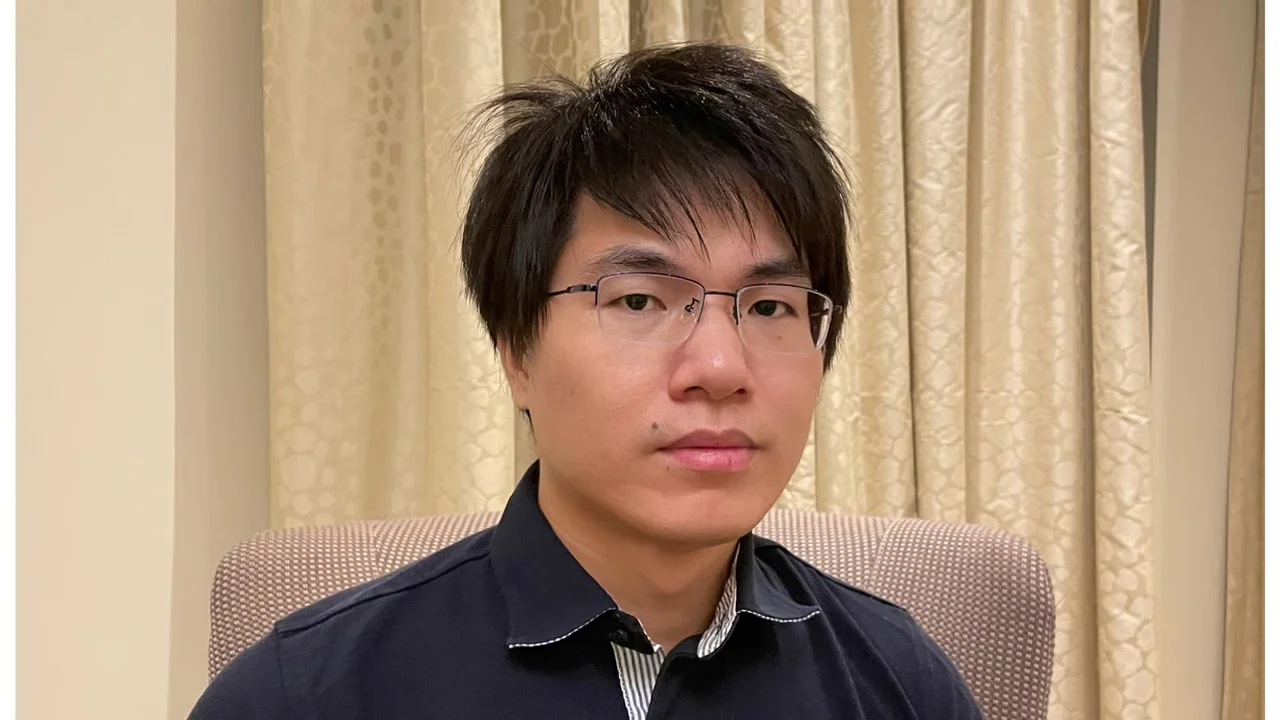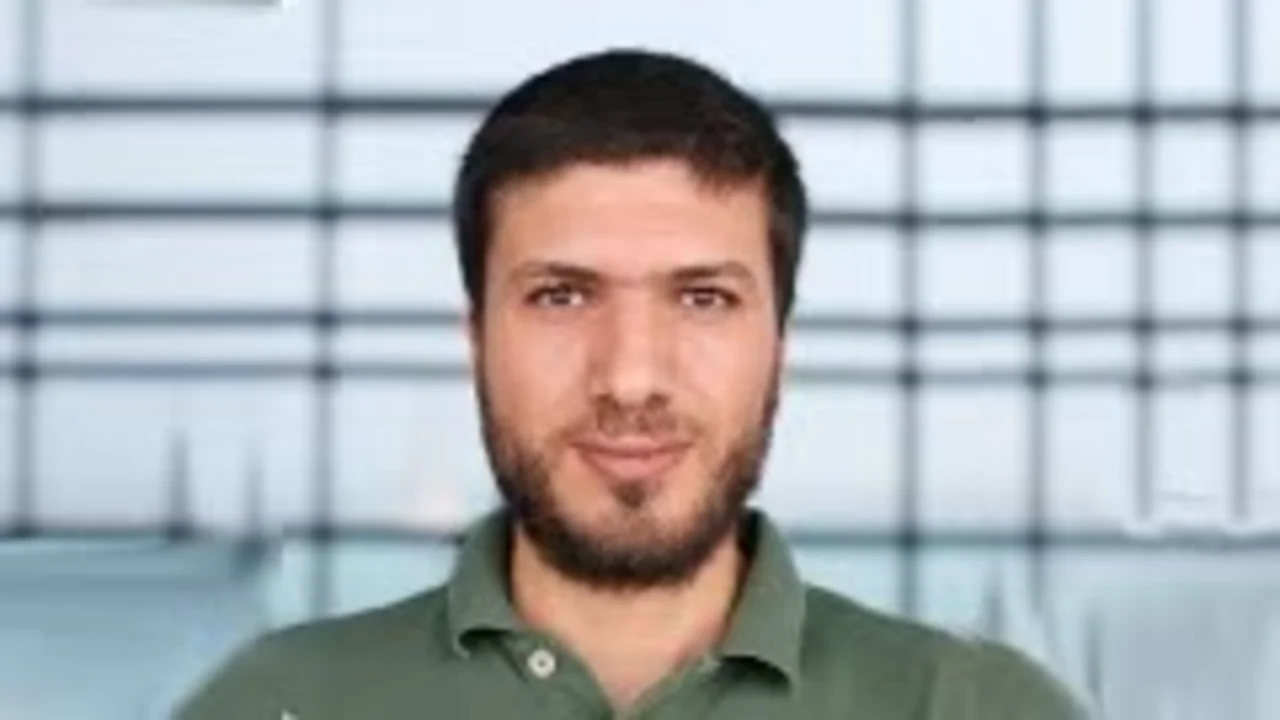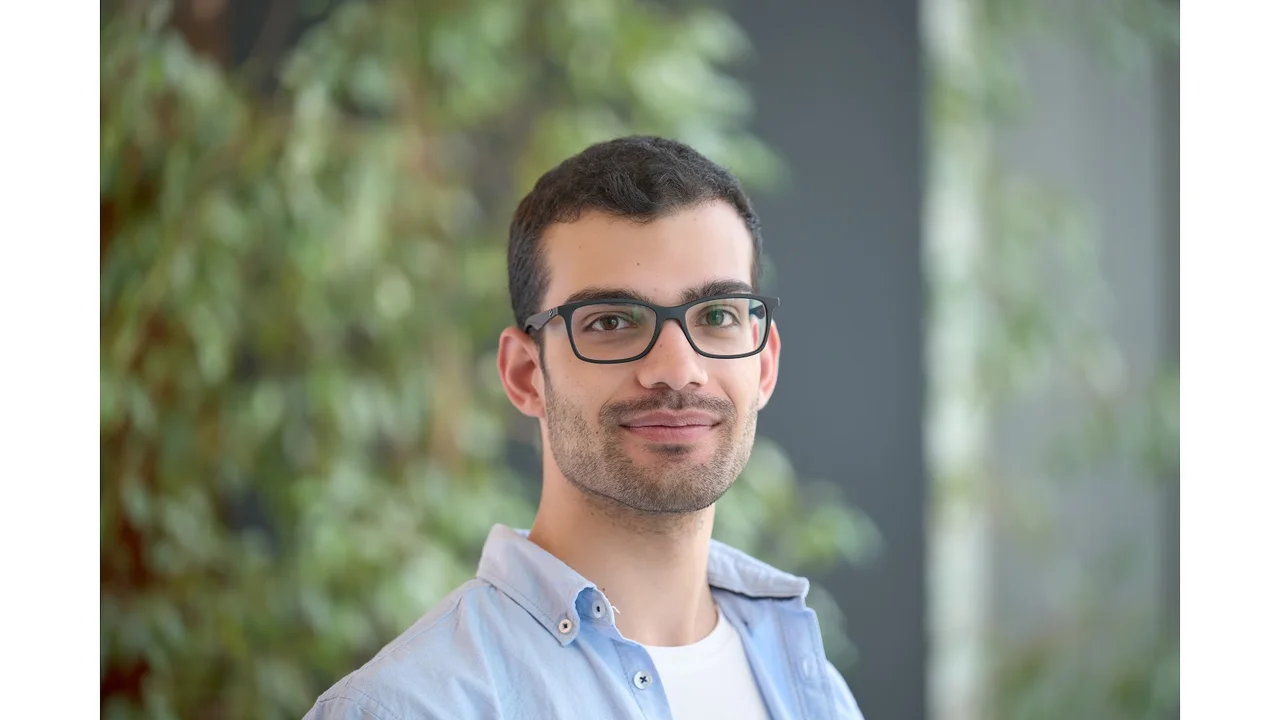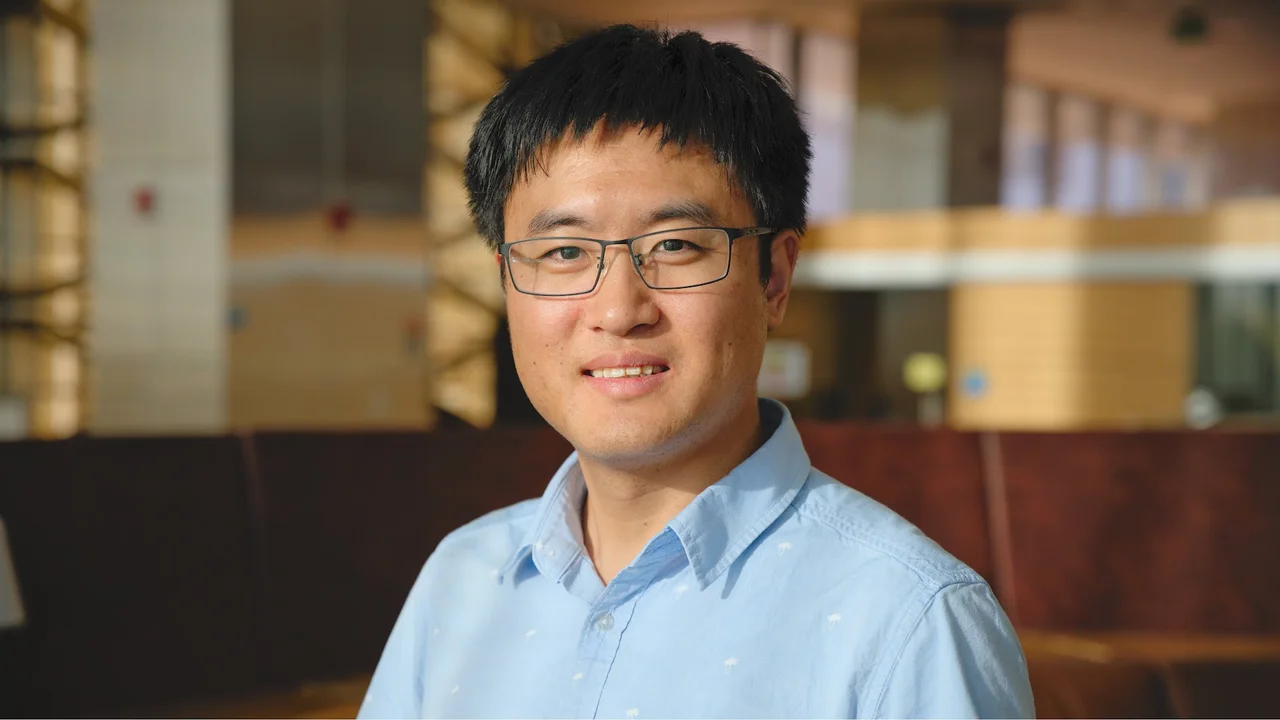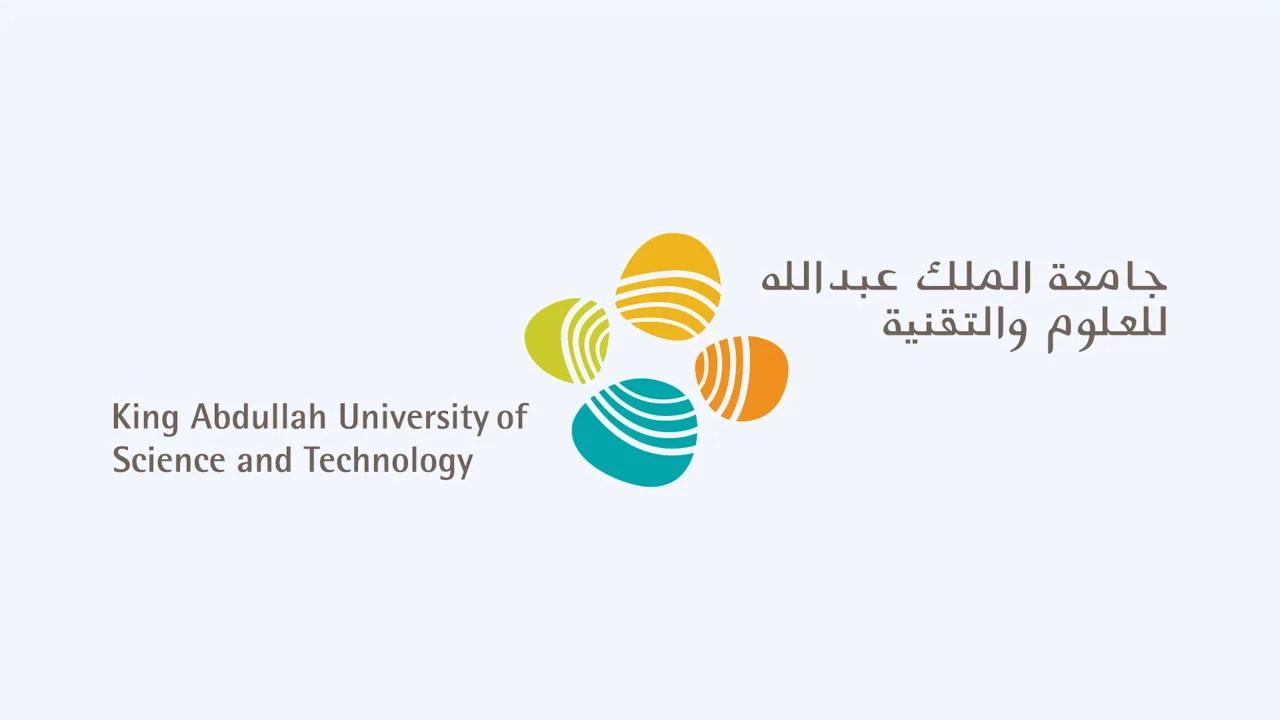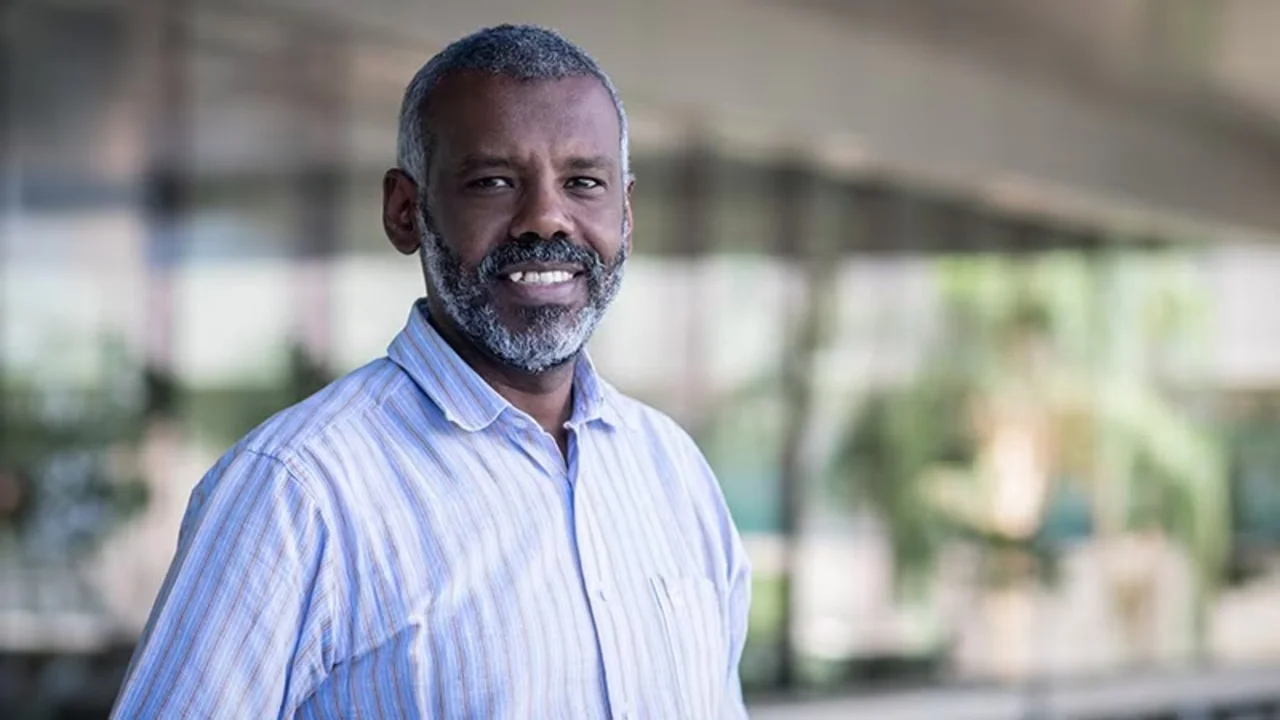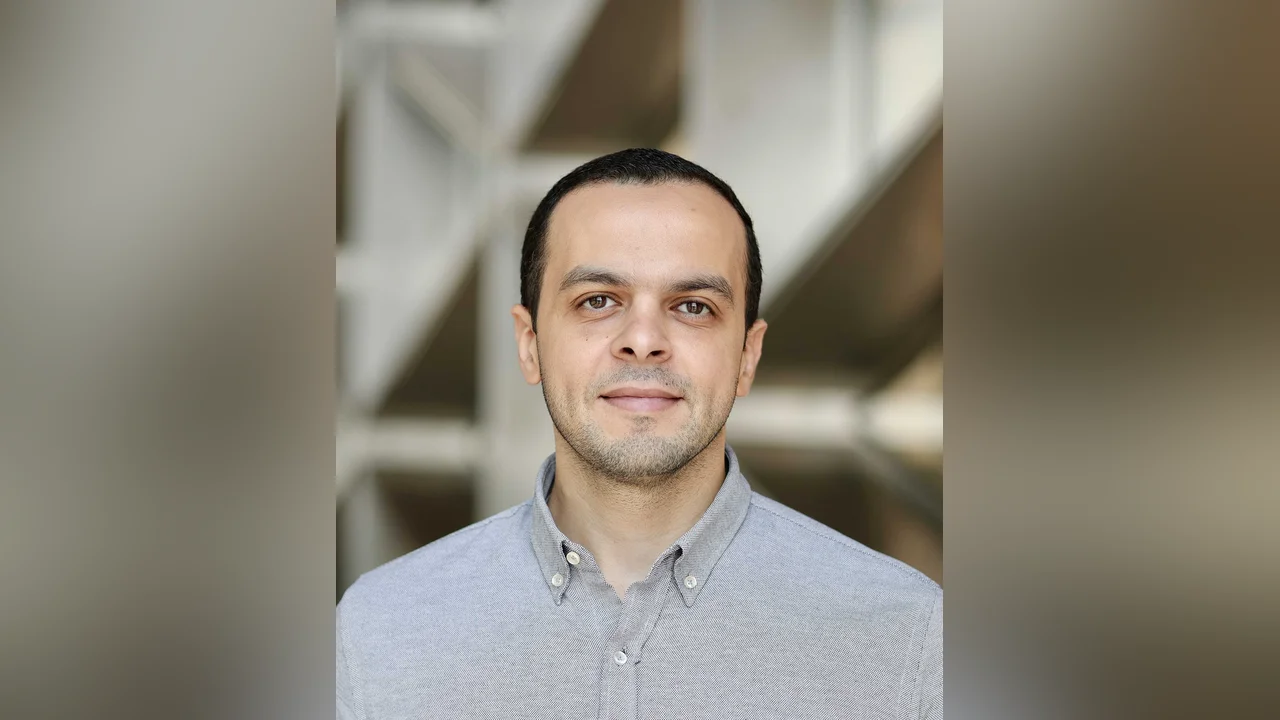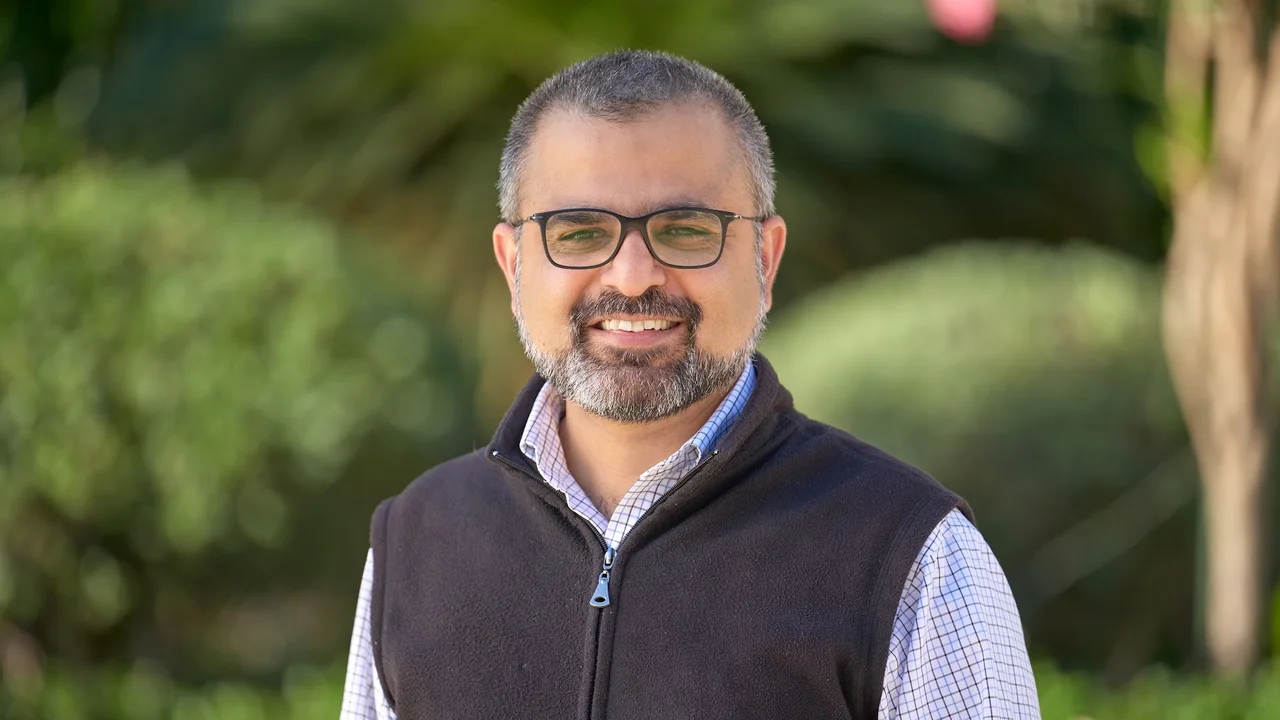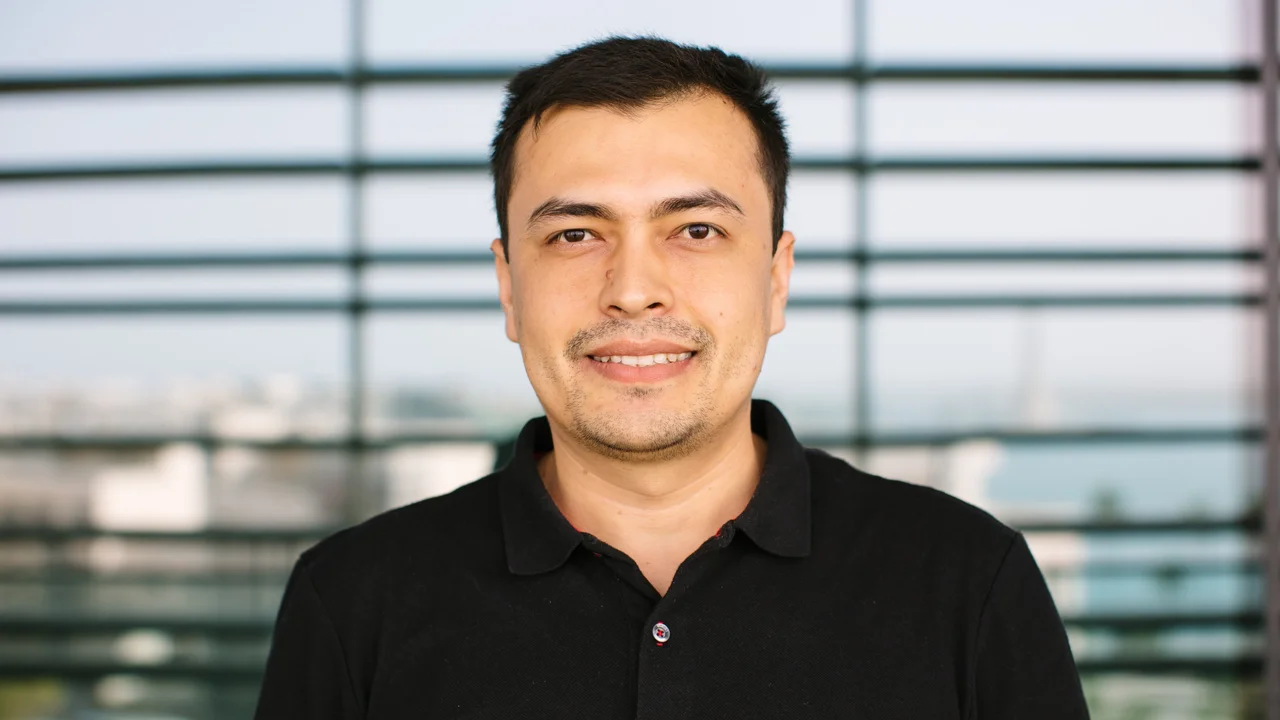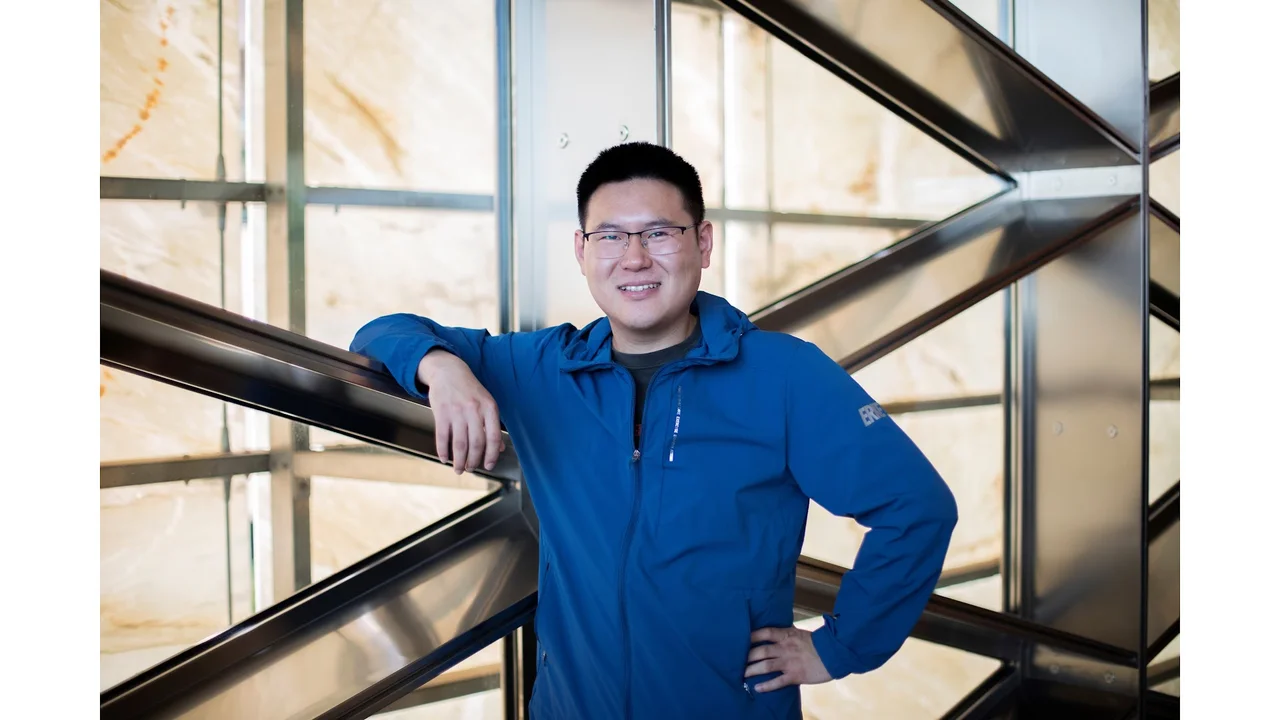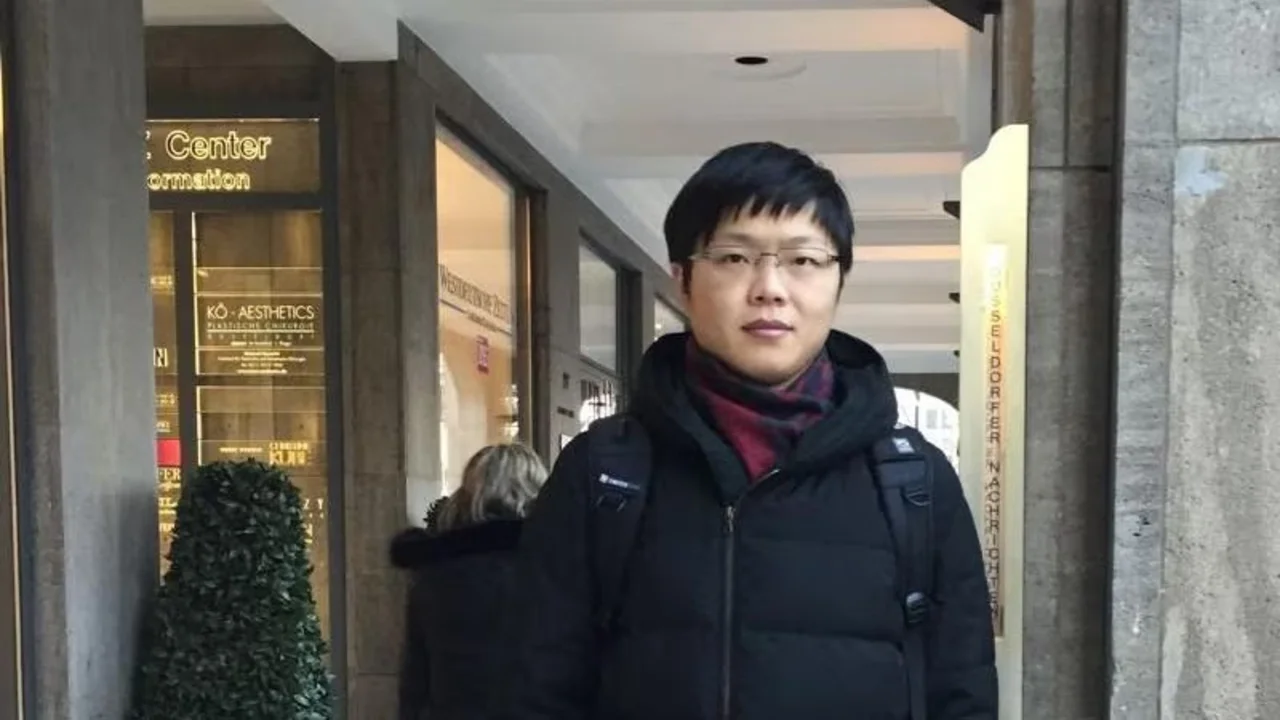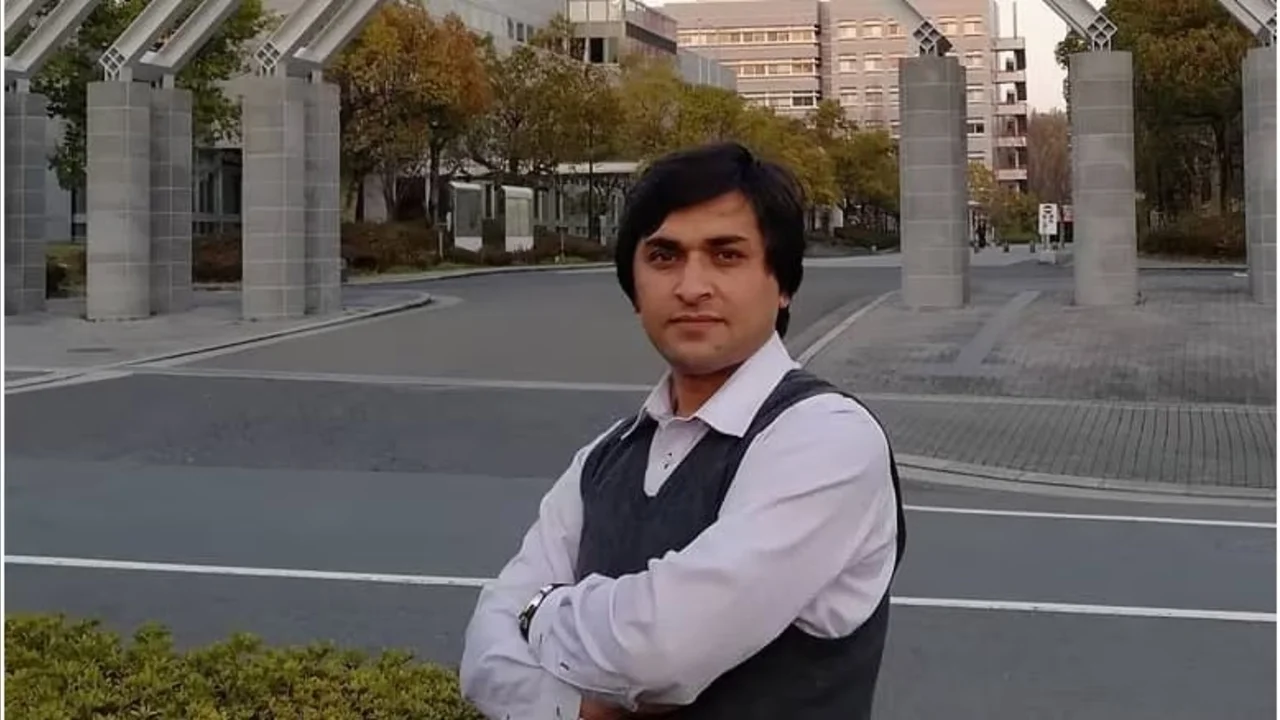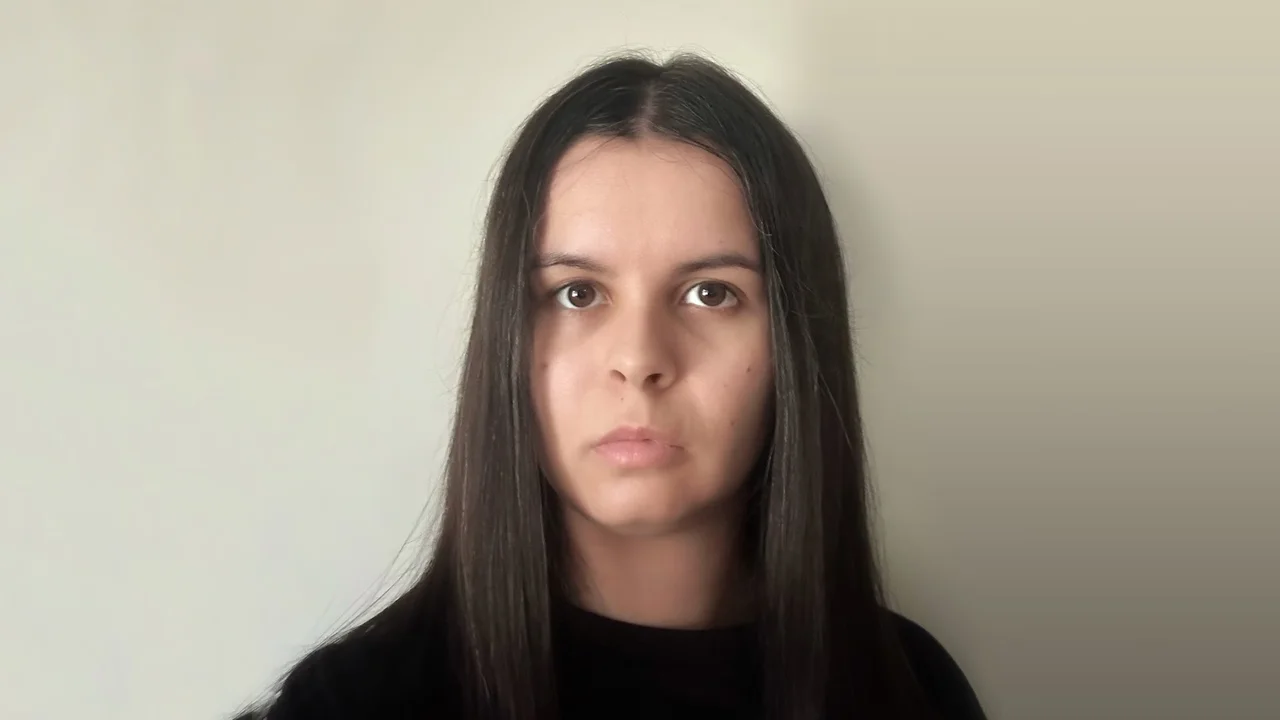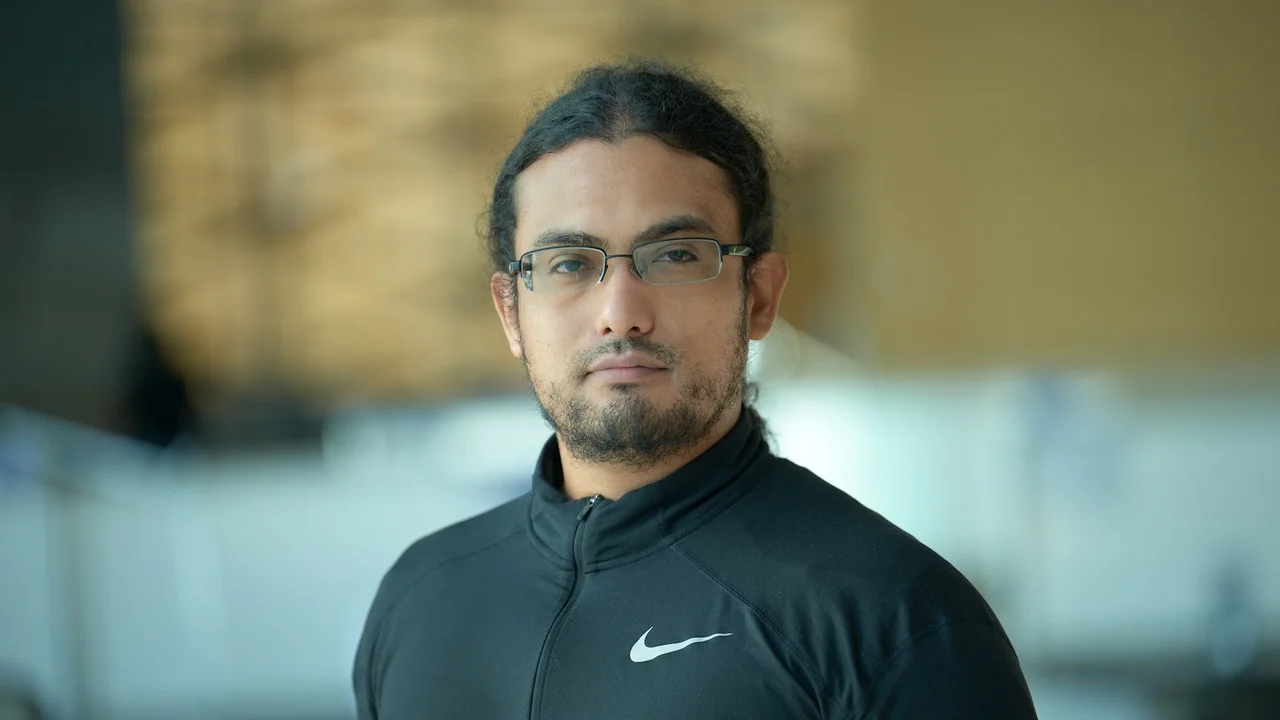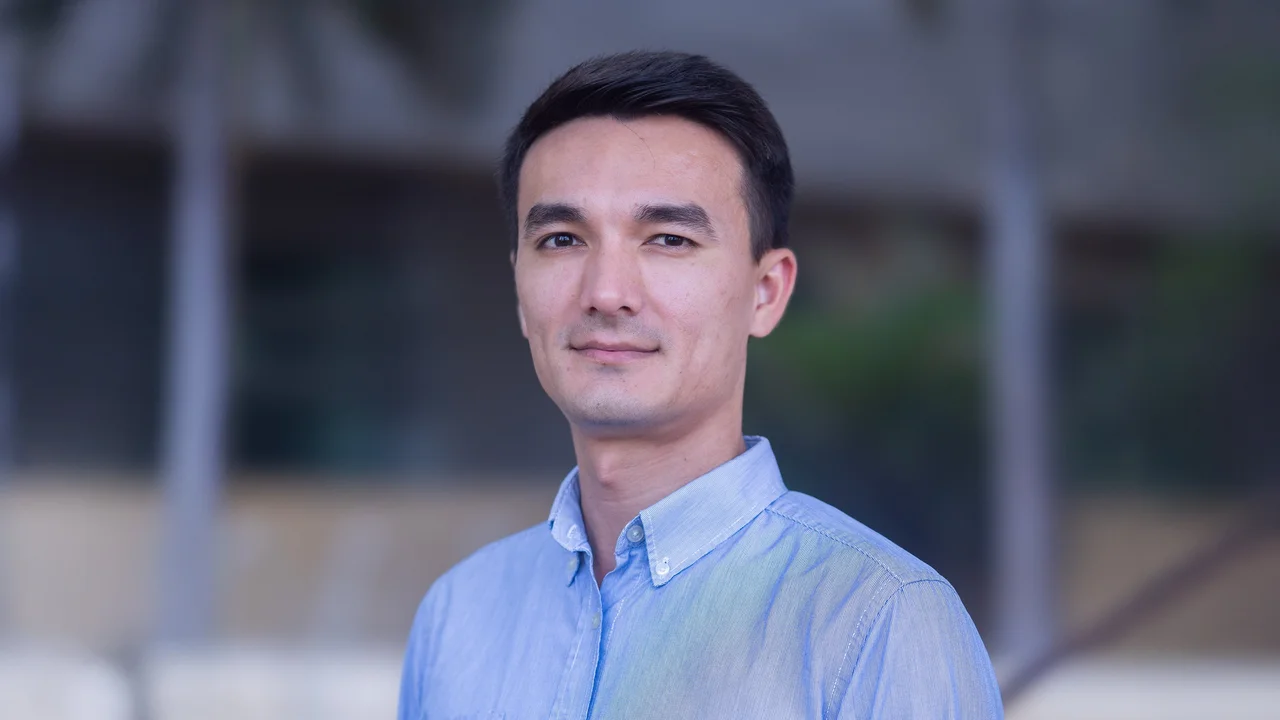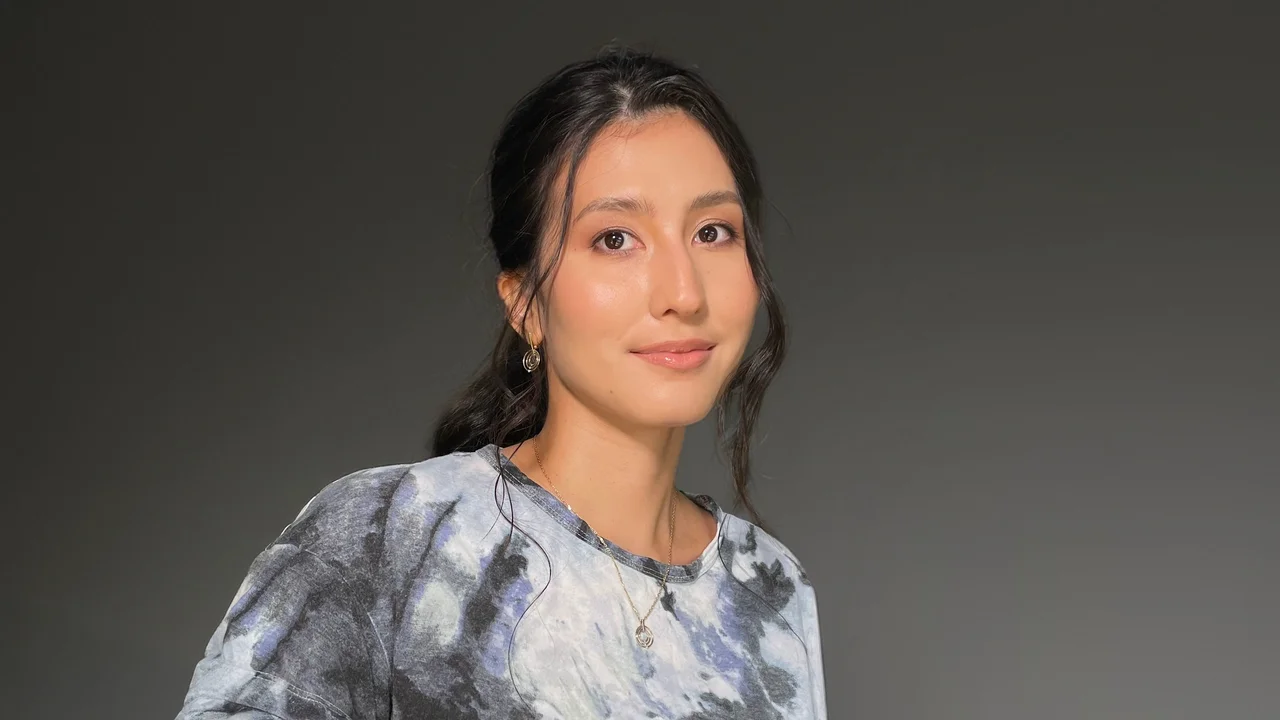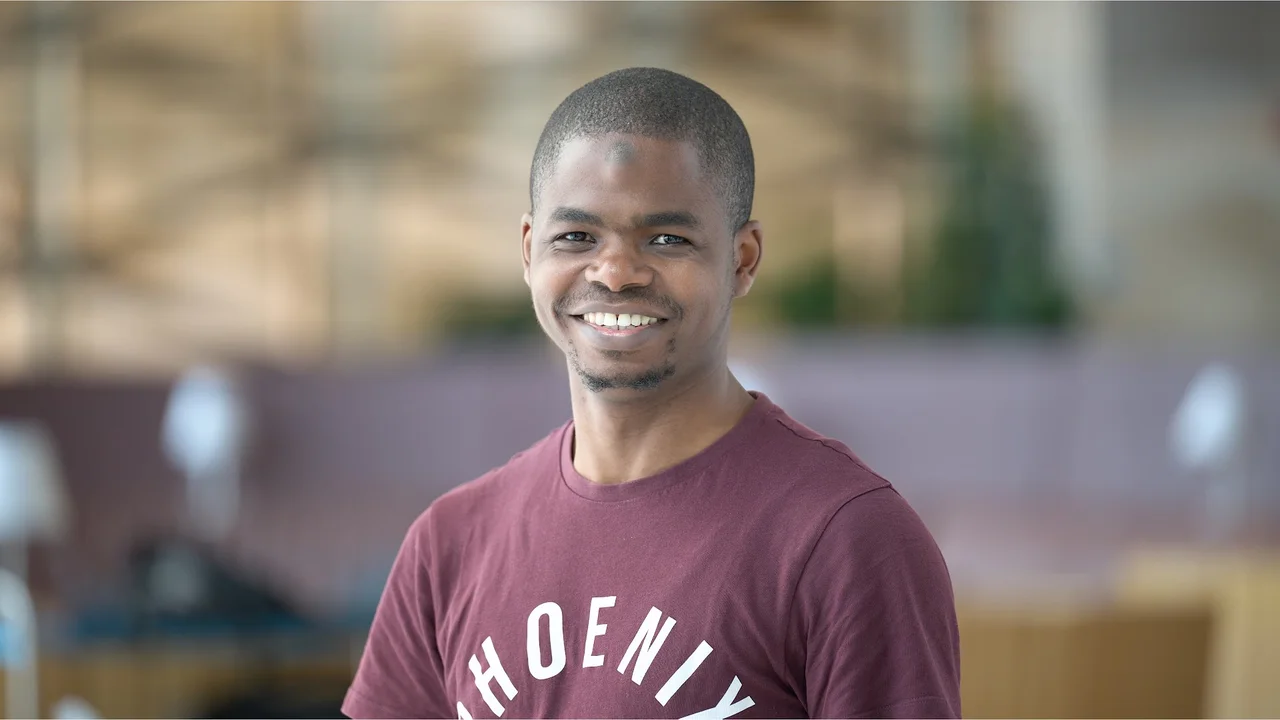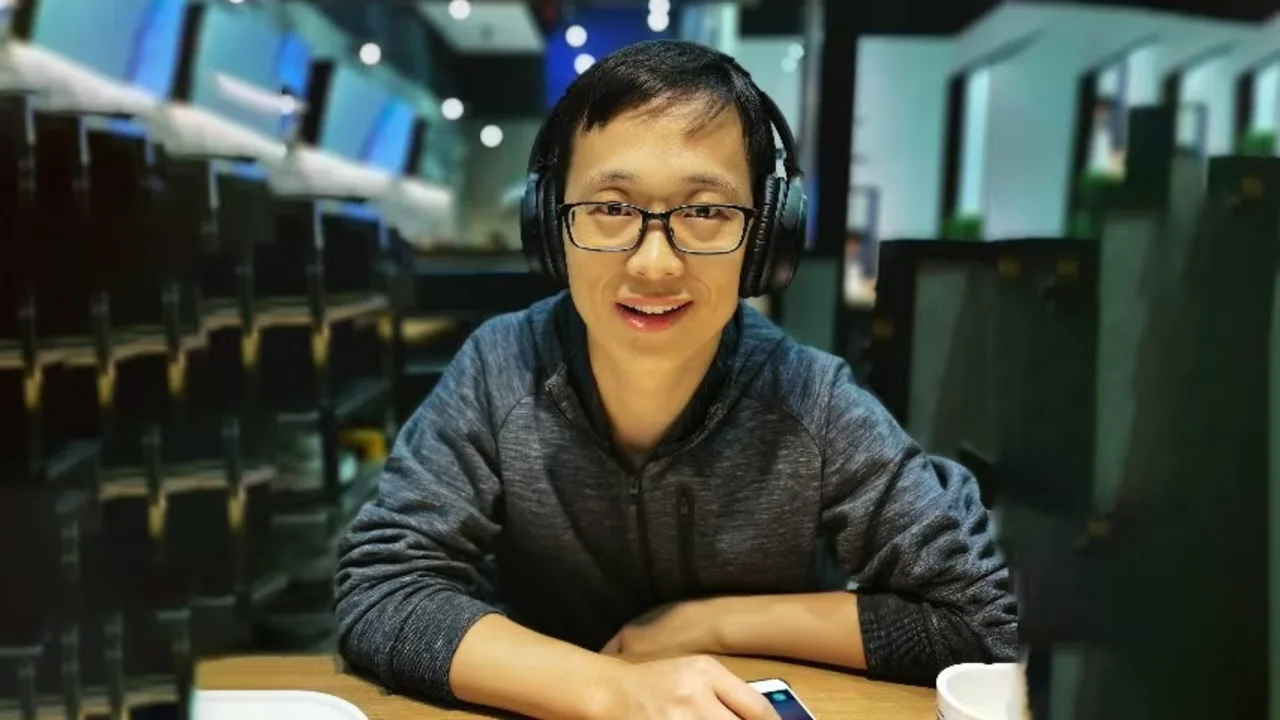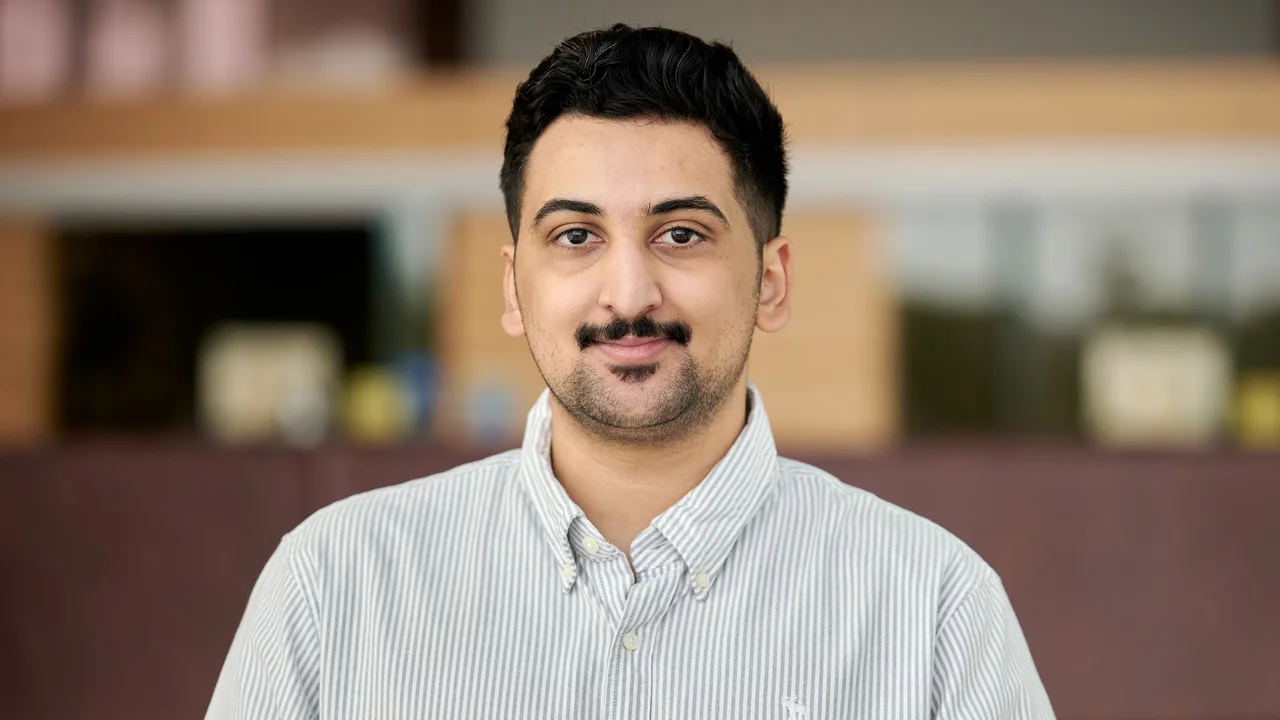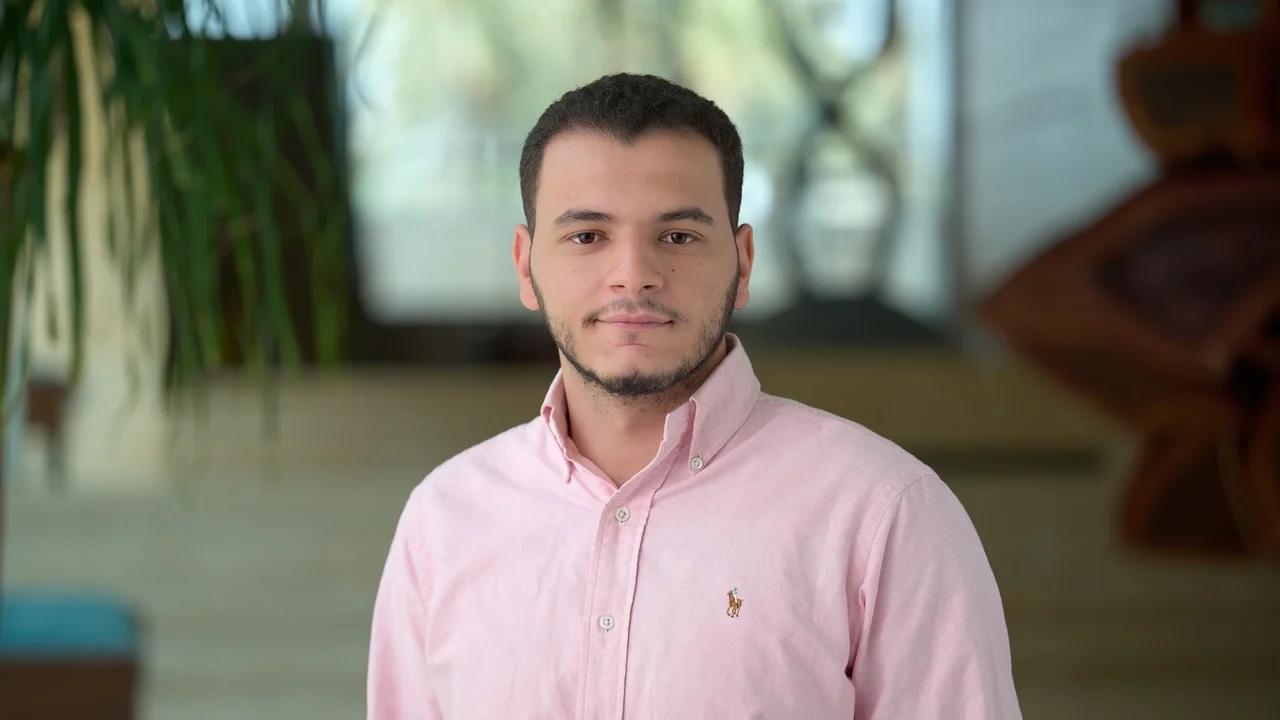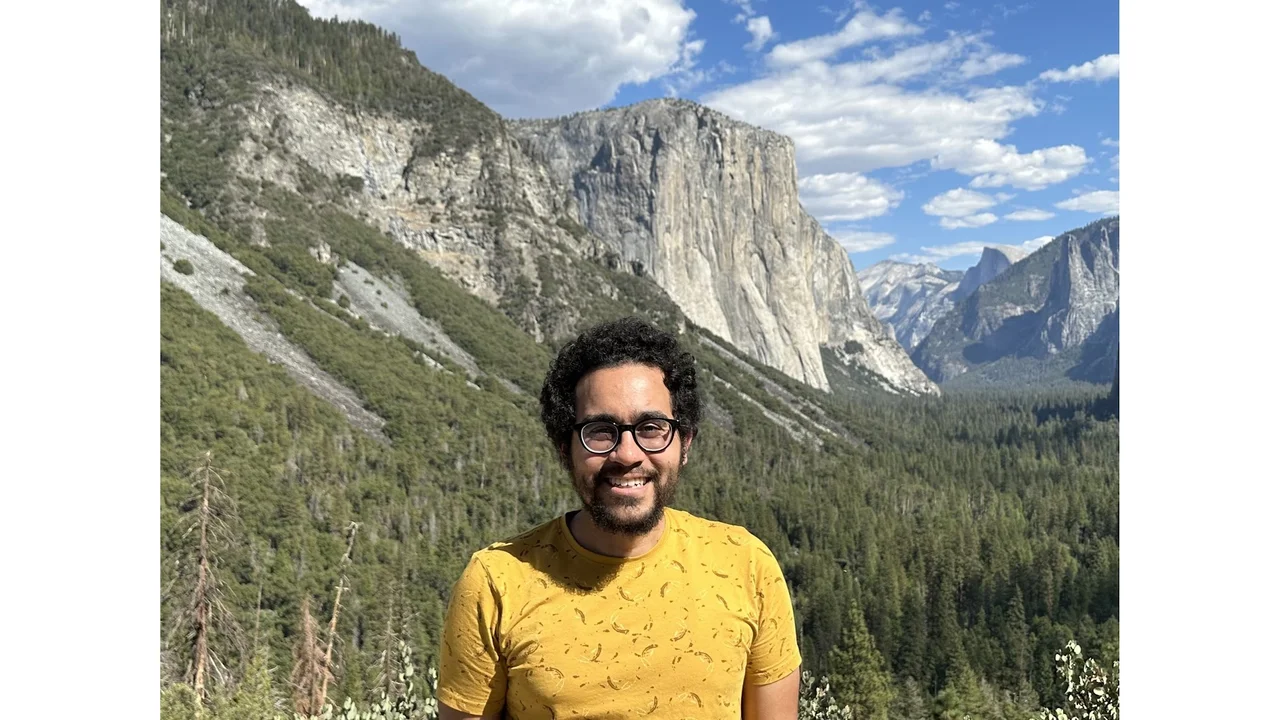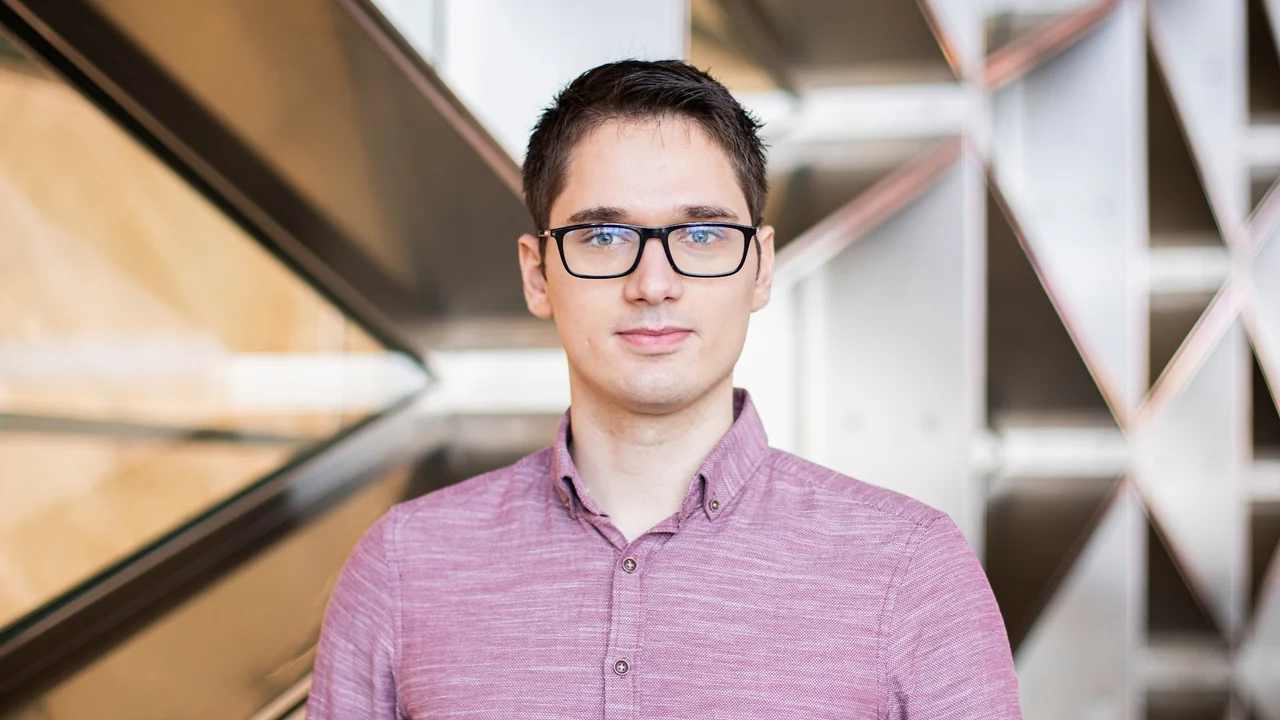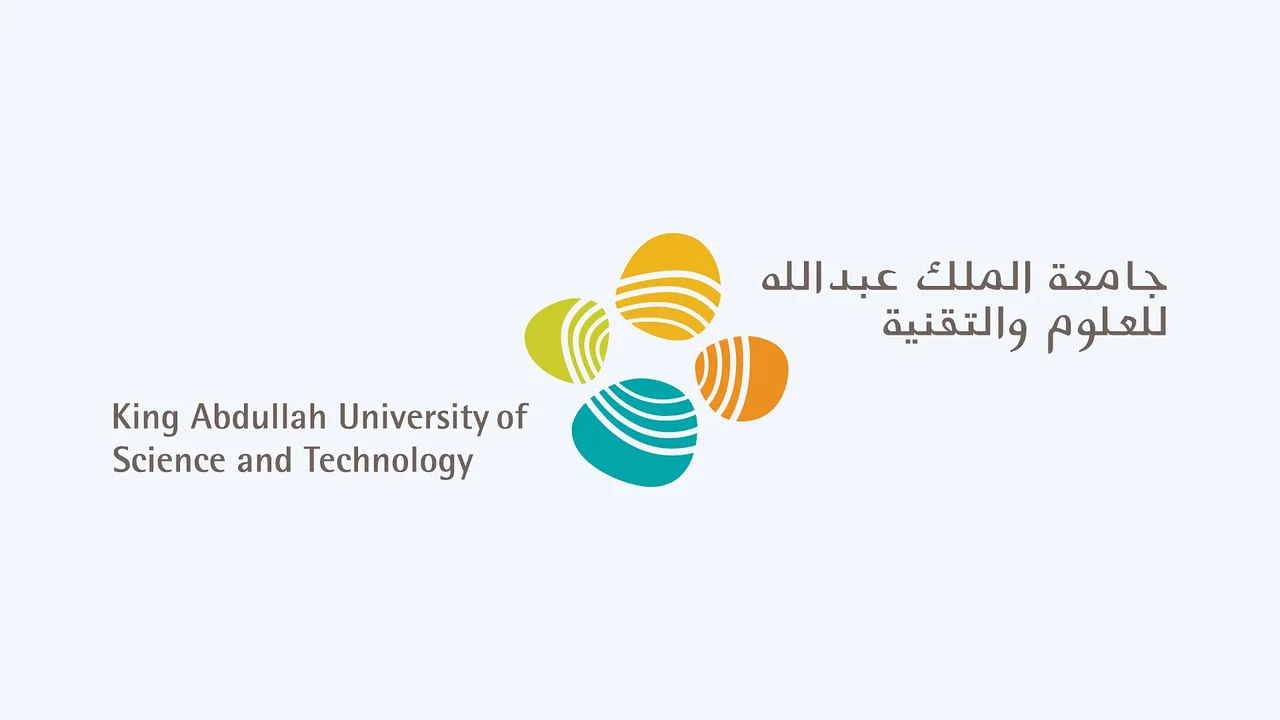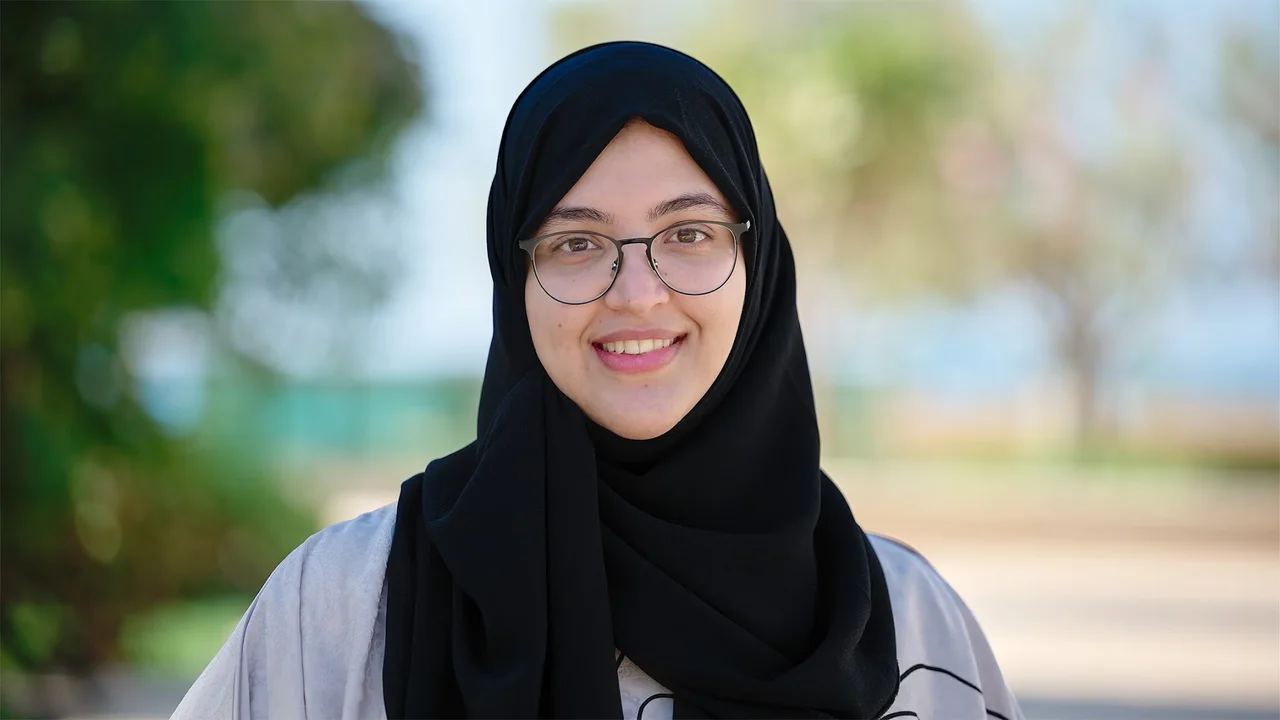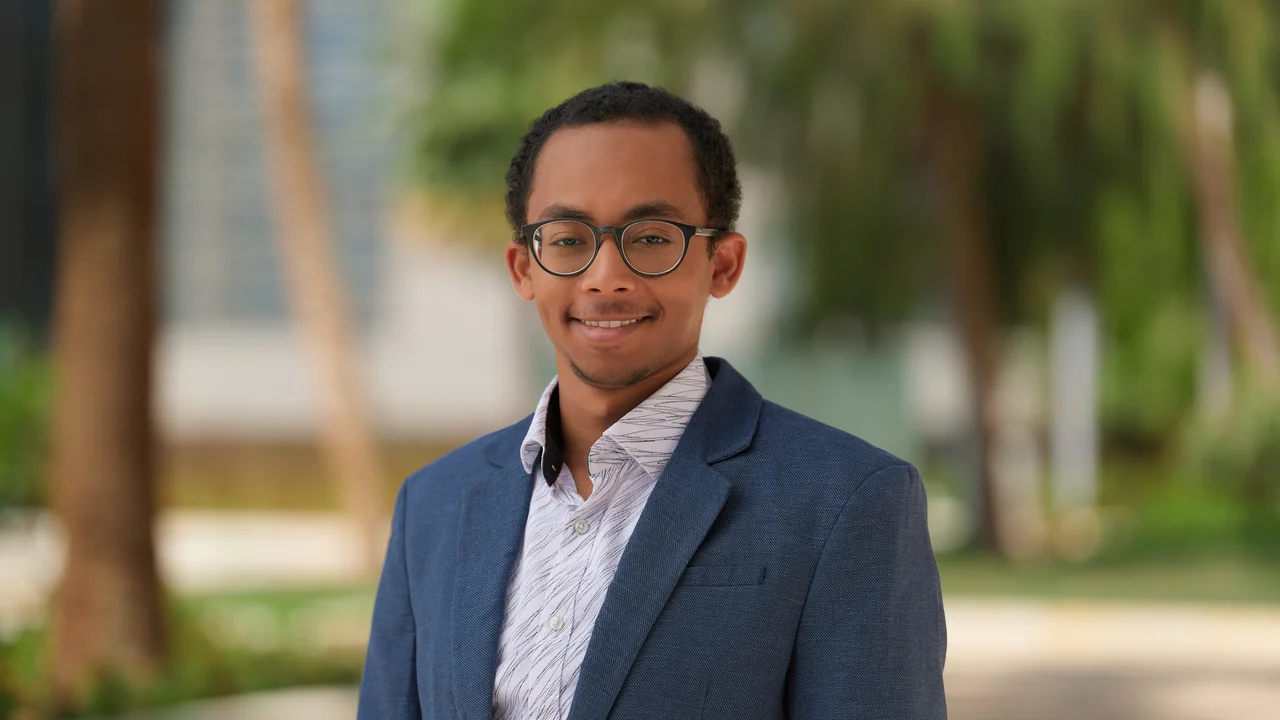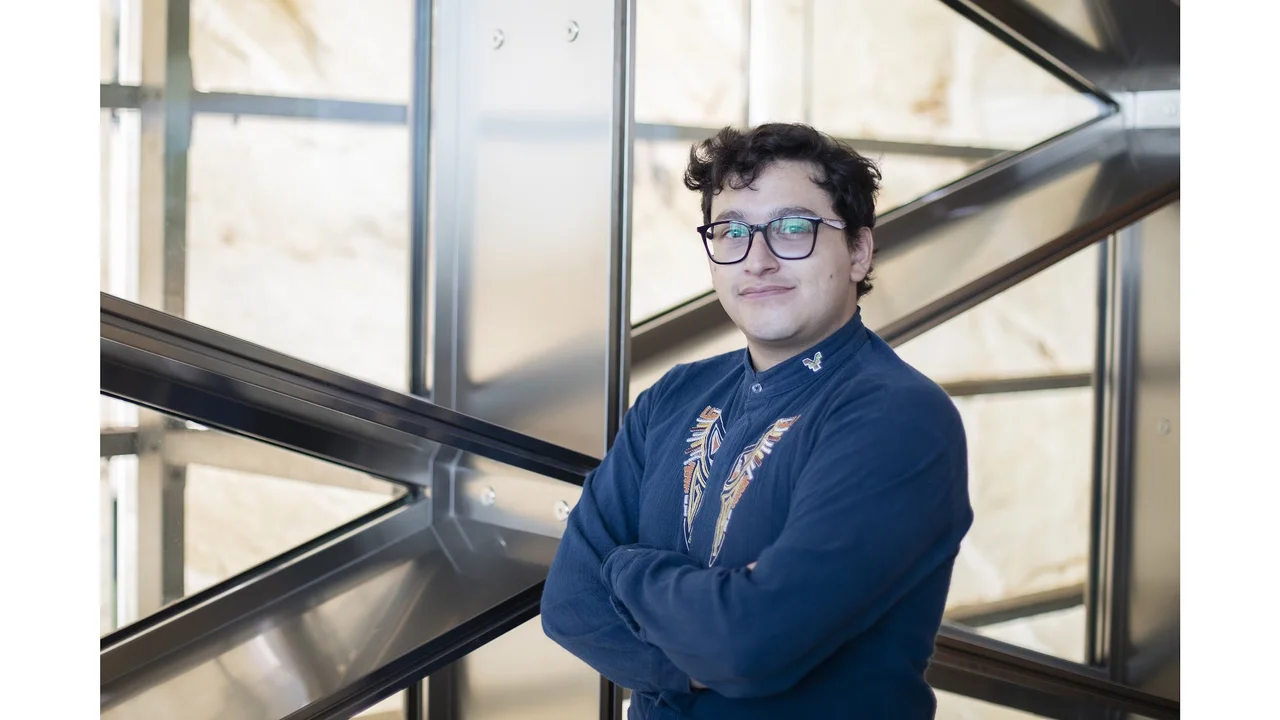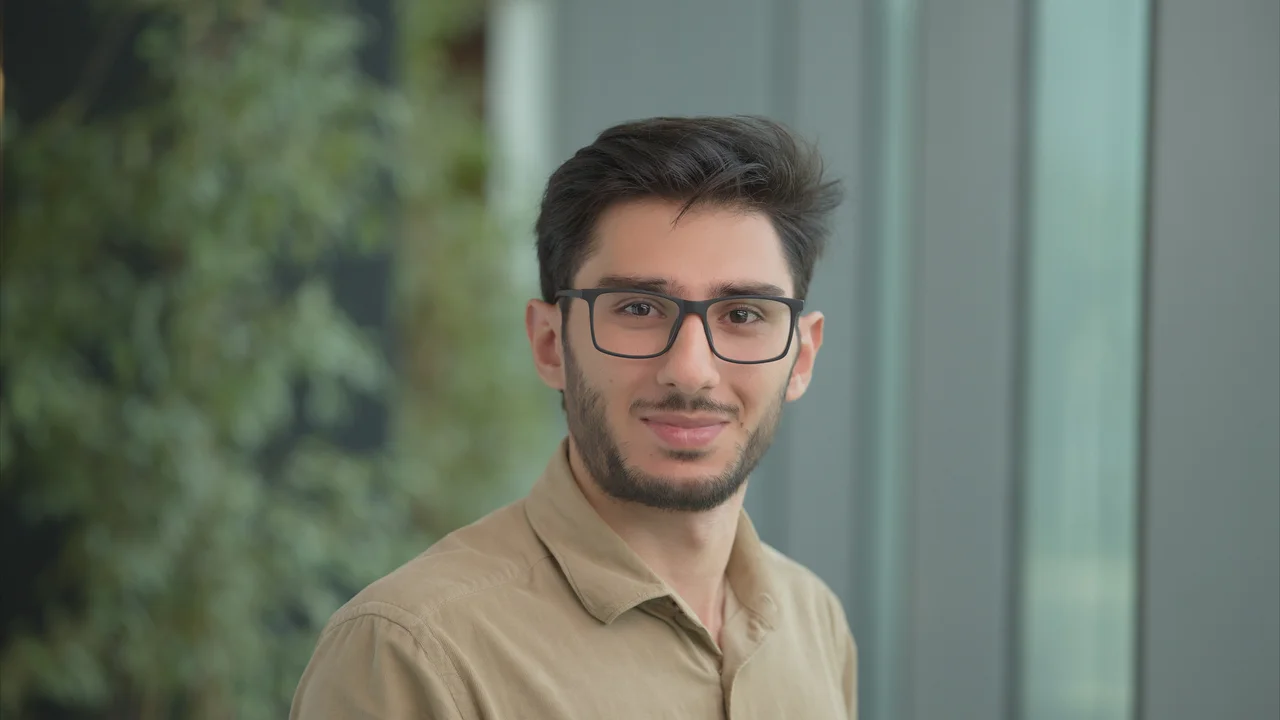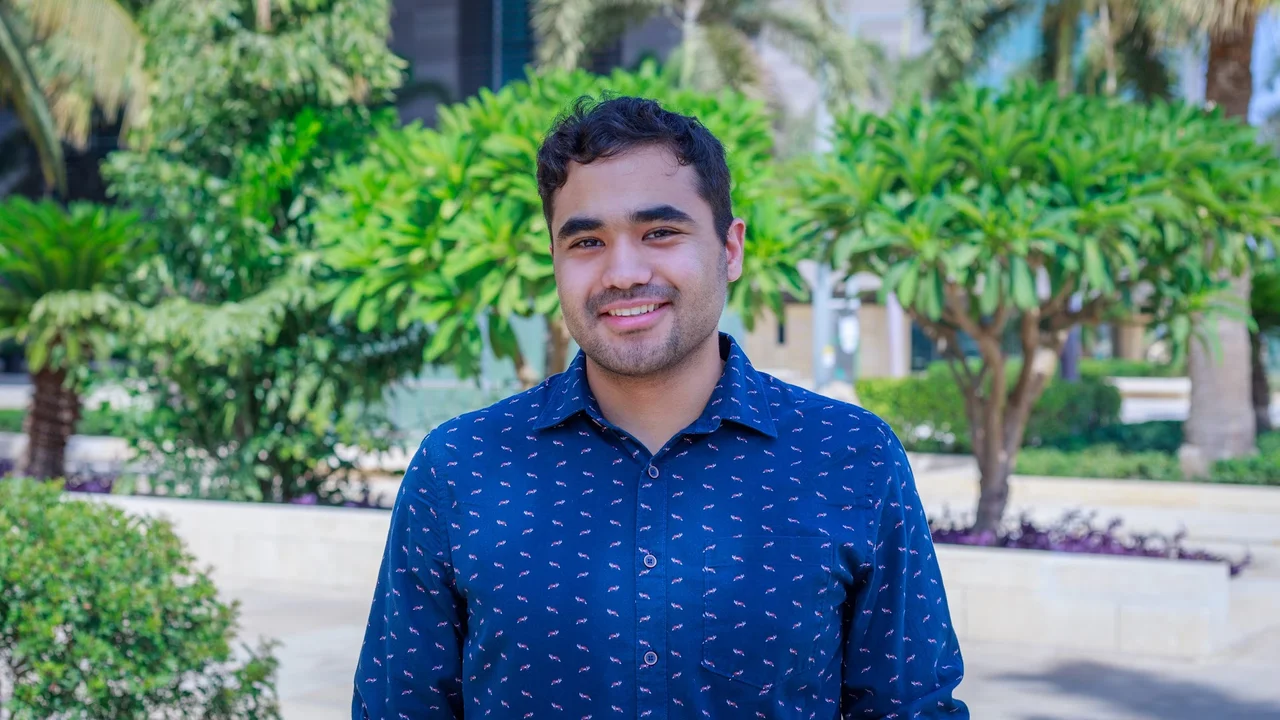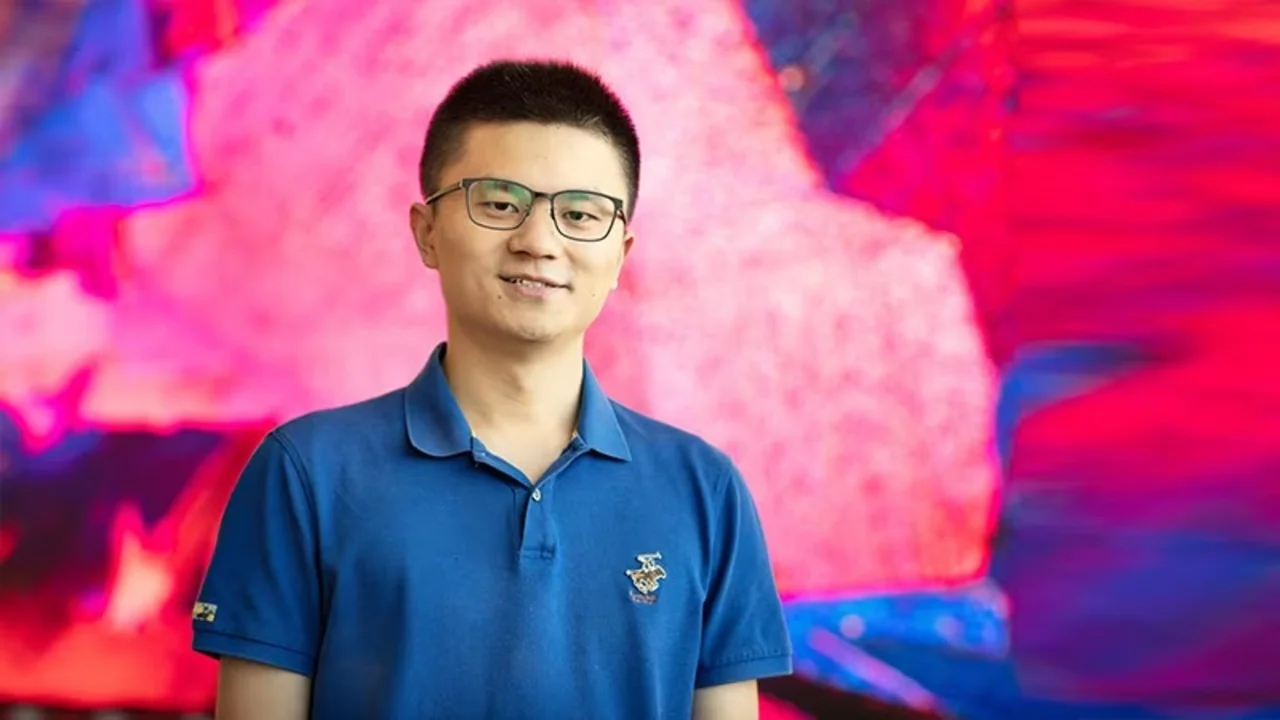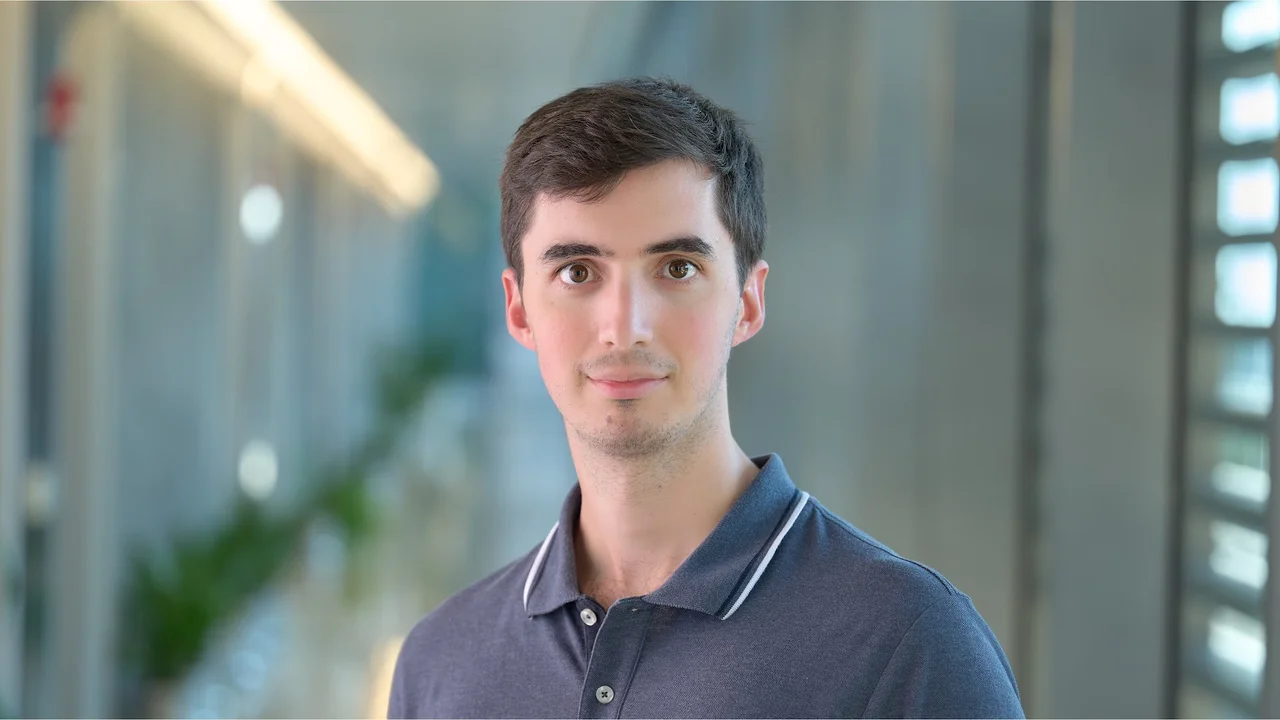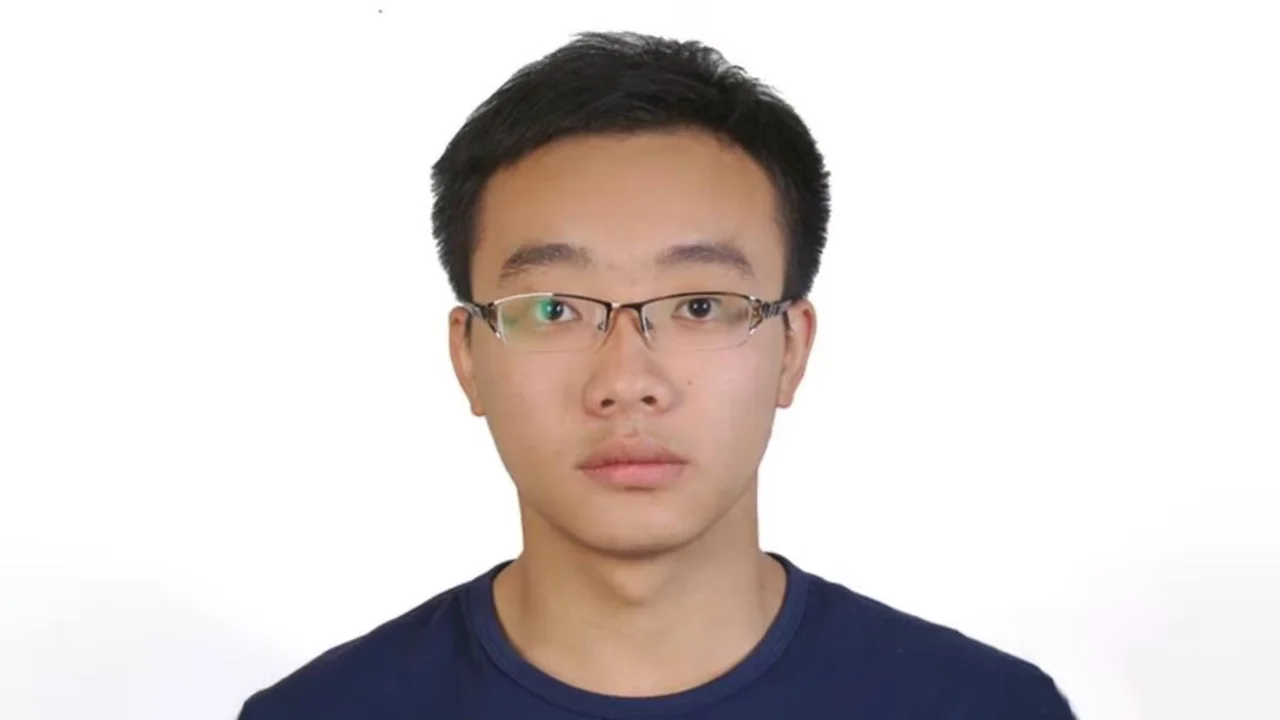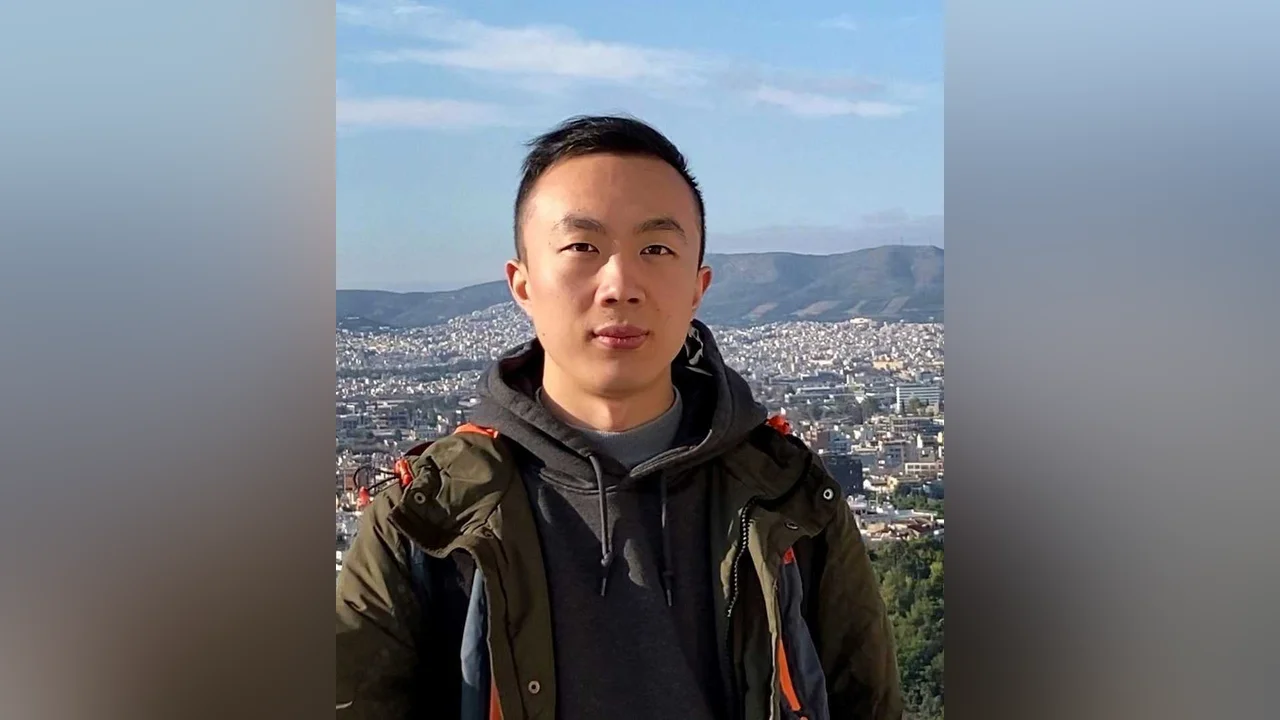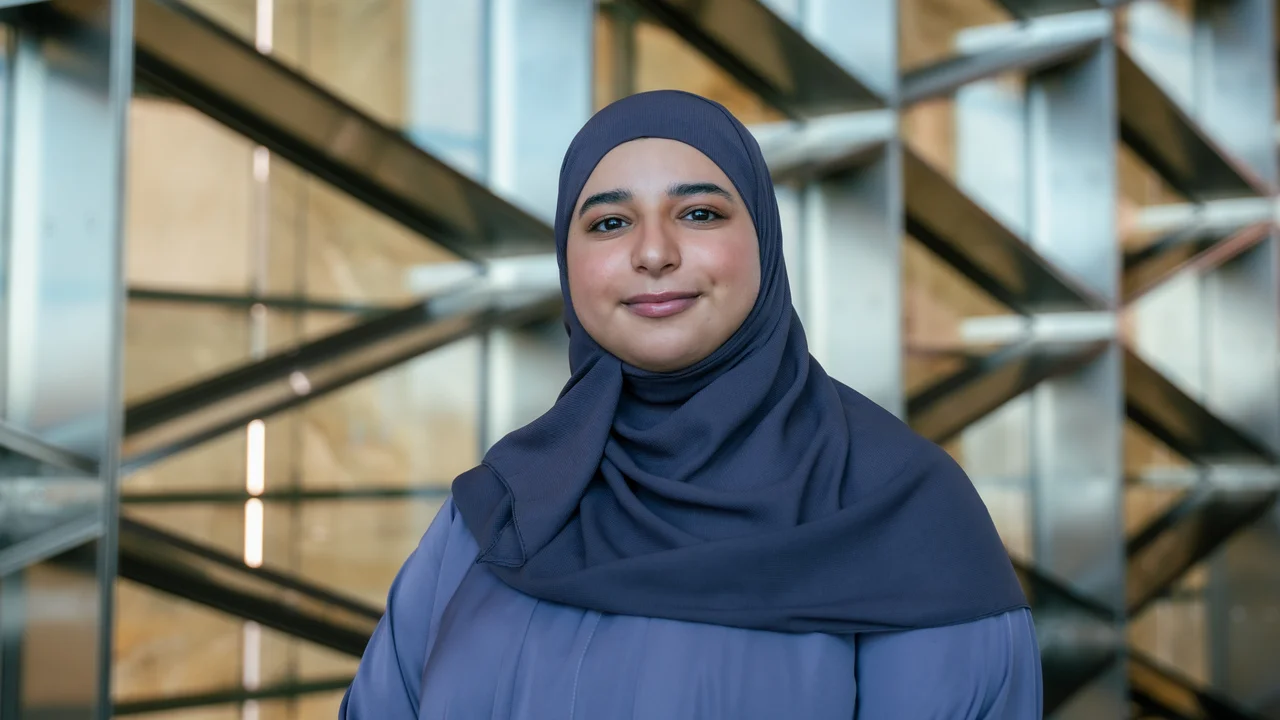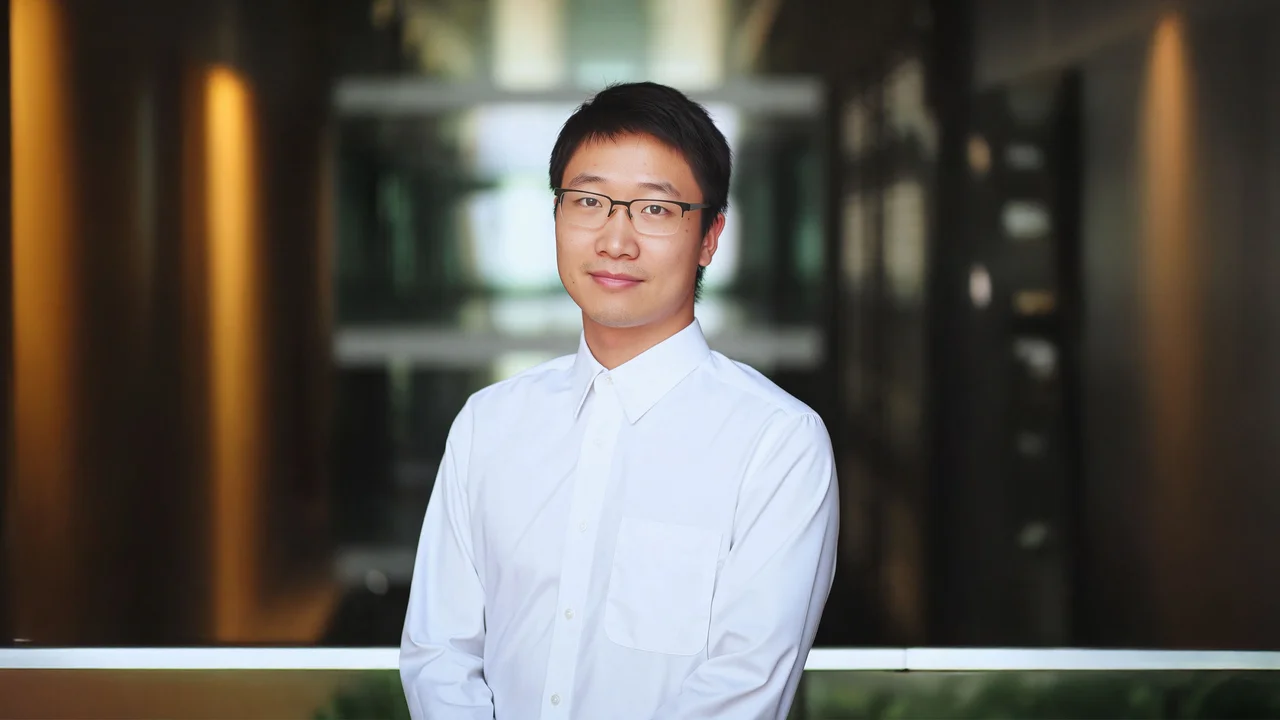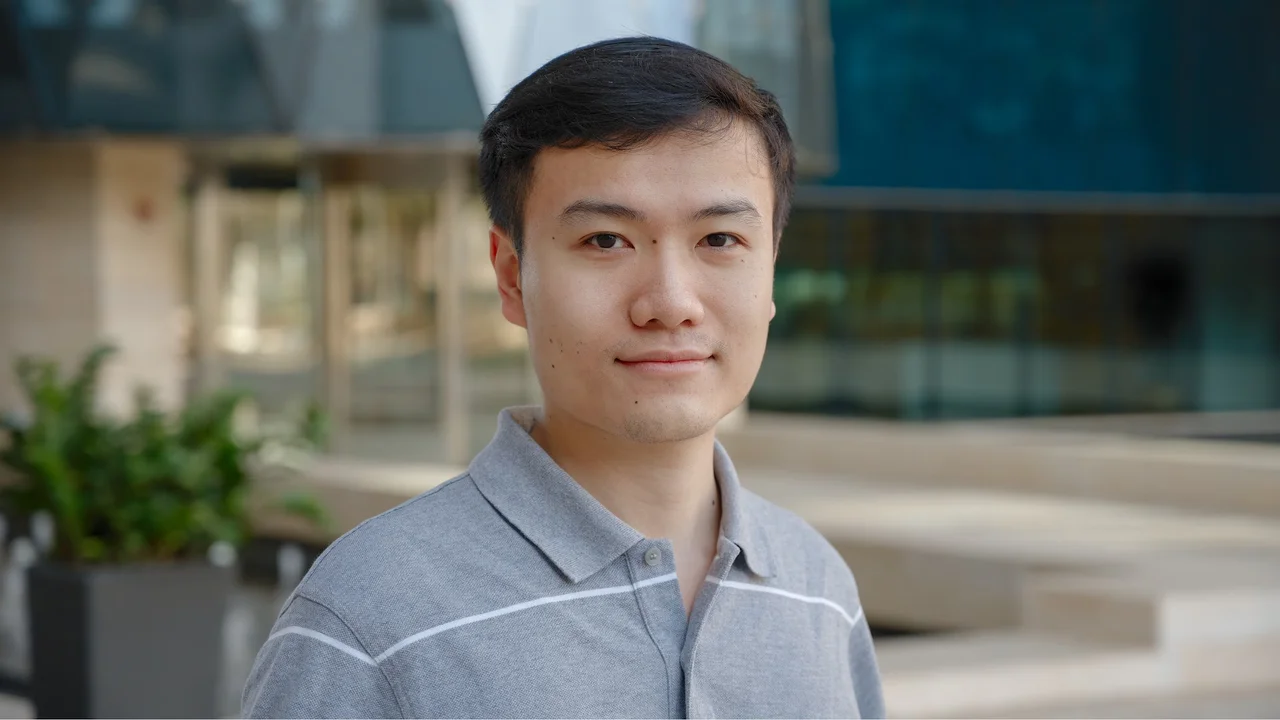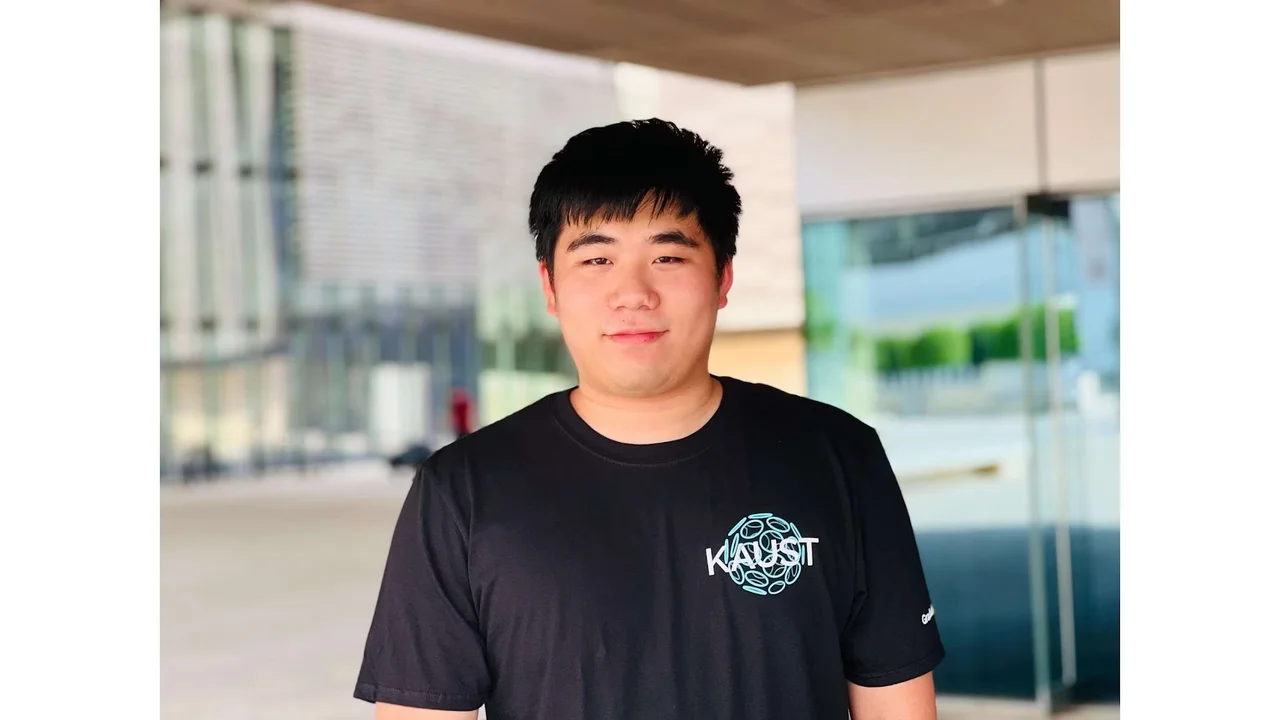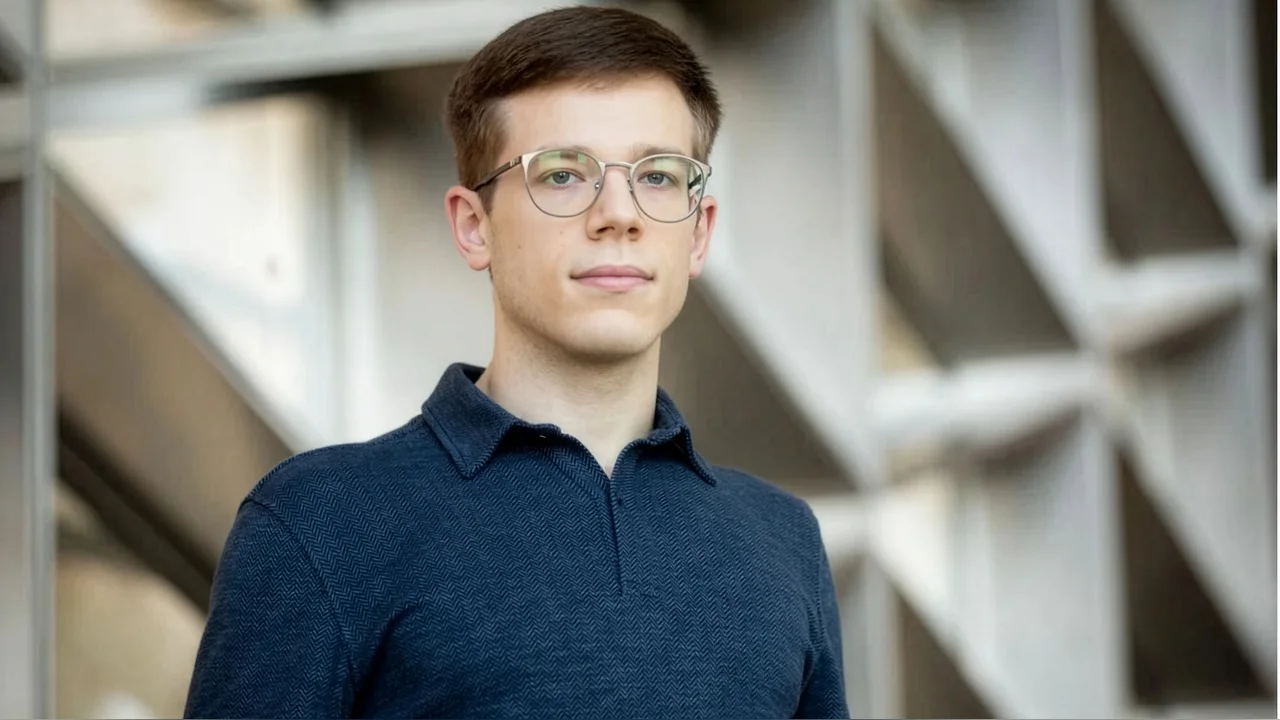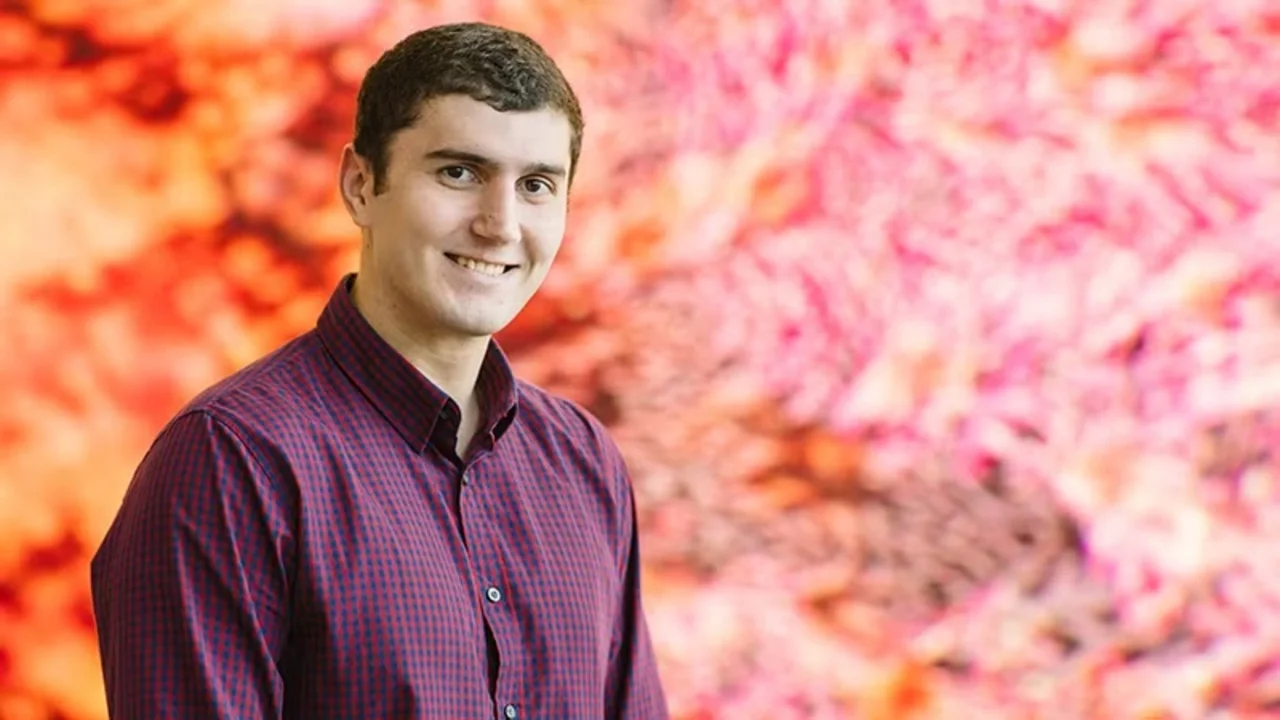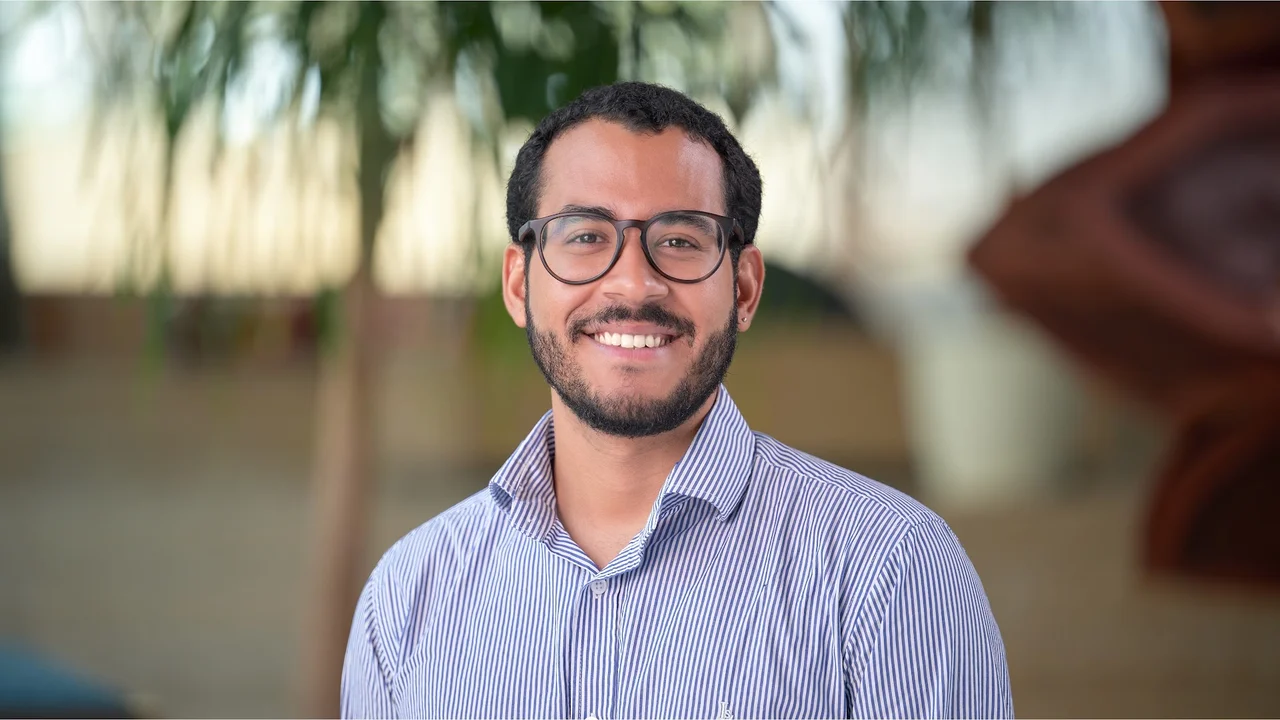Profiles
Research Scientists
Research Staff
Amandio R. Faustino
- Research Software Engineer, Computer Science
Samar Aseer
- Computational Scientist, Computer Science
Biography
Before joining KAUST, she was trained in supercomputing at IBM's Thomas J Watson Research Center in Yorktown Heights, NY. She provided support to the Shaheen user community at the KAUST Supercomputing Laboratory (KSL) and is currently focusing on HPC research.
Research Interests
I am interested in the broad area of high-performance computing. My current research interests are Fast Fourier Transform (FFT) library algorithms, benchmarks and its implementations; Scalable Performance Tools; Parallel Hardware Benchmarking; and application performance analysis.
Postdoctoral Fellows
Biography
Abdelrahman Eldesokey is a Postdoctoral Fellow at King Abdullah University of Science and Technology (KAUST), specializing in Generative AI and Computer Vision. His research explores diffusion models, multimodal large language models, and vision foundation models, bridging perception and generation. He holds a Ph.D. in Computer Vision and Deep Learning from Linköping University, Sweden, and has over a decade of combined academic and industrial experience across Sweden, Egypt, and Saudi Arabia. His work has been published in leading venues including CVPR, ICCV, SIGGRAPH, NeurIPS, and ICLR, and focuses on advancing the controllability, interpretability, and reliability of modern generative systems.
Research Interests
My research focuses on Generative AI, particularly diffusion models, vision-language models, and agentic multimodal systems. I am interested in improving the controllability, interpretability, and reliability of generative models, bridging perception and generation. Additional interests include uncertainty-aware learning, 3D scene understanding, and AI evaluation for generative models in real-world settings.
Education
Ahmad Tariq Sheikh
- Postdoctoral Research Fellow, Computer Science
Biography
Sheikh received his PhD in Computer Engineering from King Fahd University of Petroleum & Minerals (KFUPM), Dhahran, KSA in 2016. Before coming to KAUST, he was serving as an Assistant Professor in the Department of Electrical & Computer Engineering, Air University, Islamabad, Pakistan.
Research Interests
His research interests lie in designing fault tolerant digital circuits, hardware security and computer architecture.
Education
Azimkhon Ostonov
- Postdoctoral Research Fellow, Computer Science
Biography
Azimkhon Ostonov is currently a Postdoctoral Research Fellow at King Abdullah University of Science and Technology (KAUST) in Saudi Arabia. He received his PhD from KAUST in May 2025, specializing in Computer Science under the supervision of Professor Mikhail Moshkov. Azimkhon obtained his Bachelor’s degree in Applied Mathematics and Informatics in 2012 and completed his Master’s degree in Computer Systems and their Software in 2014, both from the National University of Uzbekistan. He has made considerable contributions to the field, with publications including works on Machine Learning and Complexity Analysis.
Before joining KAUST, he worked as a teacher at the National University of Uzbekistan for four years. Prior to that, he began his programming career as a junior programmer at Fido-Biznes in Tashkent.
Research Interests
Azimkhon's research focuses on complexity of decision trees for decision tables.
Education
Daoming Liu
- Postdoctoral Research Fellow, Computer Science
Dawar Khan
- Postdoctoral Research Fellow, Computer Science
El Mehdi Saad
- Postdoctoral Research Fellow, Computer Science
Biography
Inês is a Postdoctoral Research Fellow at the CyberSaR.
Before coming to KAUST, she worked as a Research Scientist at Intel Labs (Germany), where she explored safety features in the realms of open-source hardware and chiplets. In 2022, she obtained her Ph.D. from the University of Luxembourg where, being part of the CritiX group of the Interdisciplinary Center for Security, Reliability, and Trust (SnT), she researched architectural support for hypervisor-level intrusion tolerance in multiprocessor systems-on-chip (MPSoCs). In the same year, she briefly worked as a Research Associate in the same group, looking into NoC security and FPGA-based matrix accelerators.
Her Bachelor's and Master's studies were completed at the University of Lisbon, where she also worked as a Junior Researcher in the LaSIGE research unit (Navigators group).
Research Interests
Her research interests include fault- and intrusion-tolerant resilient systems, computer architecture, hardware design, FPGA security, FPGA partial reconfiguration, hardware description languages (HDLs) and Multi-Processor Systems-on-Chip (MPSoCs).
Education
Juan Carlos L. Alcazar
- Postdoctoral Research Fellow, Image and Video Understanding Lab
Kerven Durdymyradov
- Postdoctoral Research Fellow, Computer Science
Biography
Kerven Durdymyradov is currently a Postdoctoral Research Fellow at King Abdullah University of Science and Technology (KAUST) in Saudi Arabia. He received his PhD from KAUST in May 2025, specializing in Computer Science under the supervision of Professor Mikhail Moshkov. Kerven holds a Master’s degree in Artificial Intelligence from the Moscow Institute of Physics and Technology (2022) and a Bachelor’s degree in Applied Mathematics and Information Technology from Magtymguly Turkmen State University (2017). He has received several bronze and silver medals in the well-known International Mathematical Olympiads, including IMO, IMC, BMO, etc.
Research Interests
Kerven's research focuses on relations between decision trees and decision rule systems.
Education
Merey Ramazanova
- Postdoctoral Research Fellow, Computer Science
Biography
Merey Ramazanova is a Postdoctoral Researcher in the IVUL lab at KAUST. She pursued her PhD supervised by Professor Bernard Ghanem, with whom she also completed her Master’s degree. Her research focuses on egocentric video understanding, including multimodal modeling, action localization, and test-time adaptation under missing modality conditions. She also completed a research internship at Adobe.
Research Interests
Merey research focuses on data science, computer vision, and machine learning.
Education
Mubarak Ojewale
- Postdoctoral Research Fellow, Computer Science
Nanbo Li
- Postdoctoral Research Fellow, Computer Science
Biography
Nanbo obtained his Ph.D. from the School of Informatics, University of Edinburgh, under the supervision of Prof. Robert Fisher and Prof. Chris Williams.
Research Interests
Nanbo is working on machine learning, with a particular focus on world models.
Education
Xiaopeng Xu
- Postdoctoral Research Fellow, Computer Science
Yimeng Chen
- Postdoctoral Research Fellow, Computer Science
Biography
Yimeng's received her Bachelor's degree in Physics and my Ph.D. in Statistics from the University of Chinese Academy of Sciences (UCAS).
Research Interests
Yimeng's research interests lie at understanding the principles of intelligence. Her work has been focusing on:
- LLM-based Planning & Reasoning: Developing agents capable of solving long-range tasks.
- AI for Science: Scientific reasoning ability of large foundation models.
- Self-Improving Agents: Theoretical frameworks for agents that can self-optimize.
Education
Students
Research Interests
- Digital signal.
- Image processing.
- Machine learning
- Wireless communications
Education
Aleksandar Cvejic
- Ph.D. Student, Computer Science
Biography
Aleksandar Cvejic obtained his bachelor with honors in electrical and computer engineering from University of Novi Sad in 2019. After which, he continued to pursue master’s degree at the same university while specializing in artificial intelligence and obtaining the degree in 2021. During his master studies, he also worked as a TA for several courses, including Algorithms and data structures, Fundamental of information systems and software engineering, Xml and Web Services, Numerical algorithms and numerical software, basics of computing.
Research Interests
Aleksandar Cvejic is interested in topics related to deep learning, machine learning and computer vision.
Ali Al Nasser
- Ph.D. Student, Computer Science
Education
Biography
Amani Ageeli is a Ph.D. candidate in Computer Science at King Abdullah University of Science and Technology (KAUST), working in Prof. Markus Hadwiger research group High-Performance Visualization Group. She earned her master’s degree in Computer Science from KAUST and her bachelor’s degree in Computer Science from Umm Al-Qura University. Her doctoral research focuses on developing compact, efficient approaches for analyzing large-scale, time-dependent scientific data. Throughout her studies, she has contributed to teaching and supporting visualization and programming courses, and has also taught pre-university students through KAUST educational programs such as KVA and Space2101.
Research Interests
Amani is passionate about computer graphics, scientific visualization, real-time rendering, and virtual and augmented reality. Aside from research, Amani enjoys teaching, she joined as a TA in couple of graduate courses and for high school student program. Amani has experience in design and technical illustration, with interests spanning GPU-based visualization, real-time rendering, scientific visualization, and scientific illustration.
Education
Education
Arto Maranjyan
- Ph.D. Student, Computer Science
Biography
Artavazd Maranjyan is a Ph.D. Candidate in Computer Science at King Abdullah University of Science and Technology (KAUST), advised by Prof. Peter Richtárik.
His work has been published in leading machine learning conferences such as ICML, ICLR, and UAI. He has received the CEMSE Dean’s List Award for academic and research excellence, and the Dean’s List Award upon joining KAUST.
Before starting his Ph.D., Artavazd earned his M.S. and B.S. degrees from Yerevan State University, where he co-authored several papers in harmonic analysis under the guidance of Prof. Martin Grigoryan.
Research Interests
Arto's research focuses on the theory and design of asynchronous optimization methods—developing efficient, scalable, and theoretically grounded algorithms. More broadly, he works on optimization for machine learning and federated learning.
Bader A. Tayeb
- M.S. Student, Computer Science
Chen-Yu (Elton) Ho
- Ph.D. Student, Computer Science
Biography
https://sites.google.com/view/chlwr
Research Interests
Machine Unlearning
Research Interests
Her research interests include computer vision, machine learning, deep learning, computational neuroscience, and brain–computer interfaces. She is particularly interested in EEG representation and behavior learning, with applications in clinical EEG analysis and brain–computer interfacing.
Education
Daniya Boges
- Ph.D. Student, Computer Science
Biography
Deng Luo is a Ph.D. Candidate in the Computer Science program under the supervision of Professor Ivan Viola at King Abdullah University of Science and Technology (KAUST) in Saudi Arabia. He received his Bachelor's degree in Bioinformatics from Southern University of Science and Technology in 2016. He joined KAUST and received his Master's degree in Bioscience in 2019. He has a multidisciplinary background, including bioinformatics, molecular biology, computer science, and entrepreneurship.
Research Interests
With research and work experiences in interdisciplinary studies, he is interested in technologies that help people communicate better and that helps knowledge disseminates faster, especially from the perspective of education. He is now working on the Nano-visualization of the mitochondrion as a breakthrough point to the long term goal.
Education
Biography
Elnur Gasanov is a PhD candidate in the Optimization and Machine Learning Lab at the Center of Excellence for Generative AI (GenAI) at KAUST, where he is advised by Professor Peter Richtárik. His research focuses on distributed machine learning, stochastic optimization, and randomized linear algebra. Elnur holds a Master of Science in Computer Science from KAUST and a Bachelor's degree in Applied Mathematics and Physics from the Moscow Institute of Physics and Technology.
Research Interests
Optimization and machine learning.
